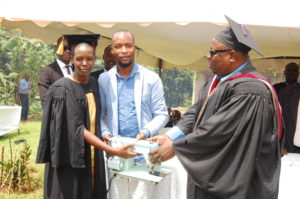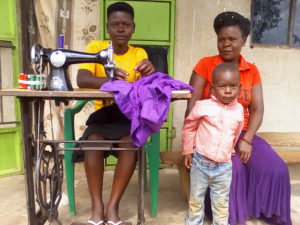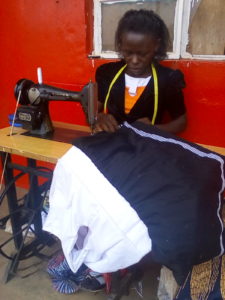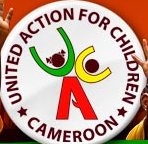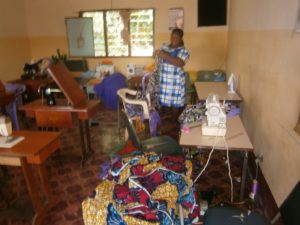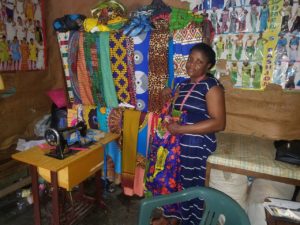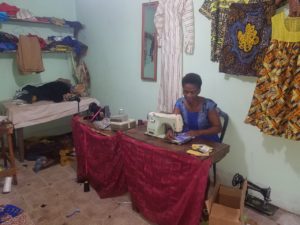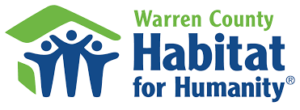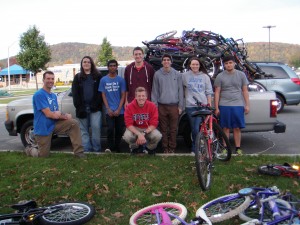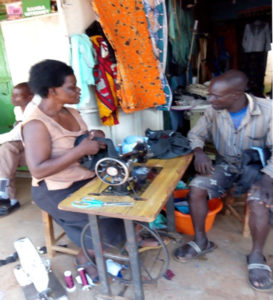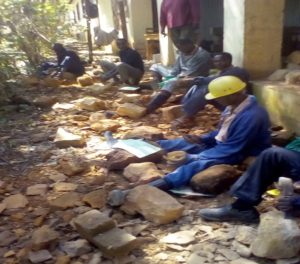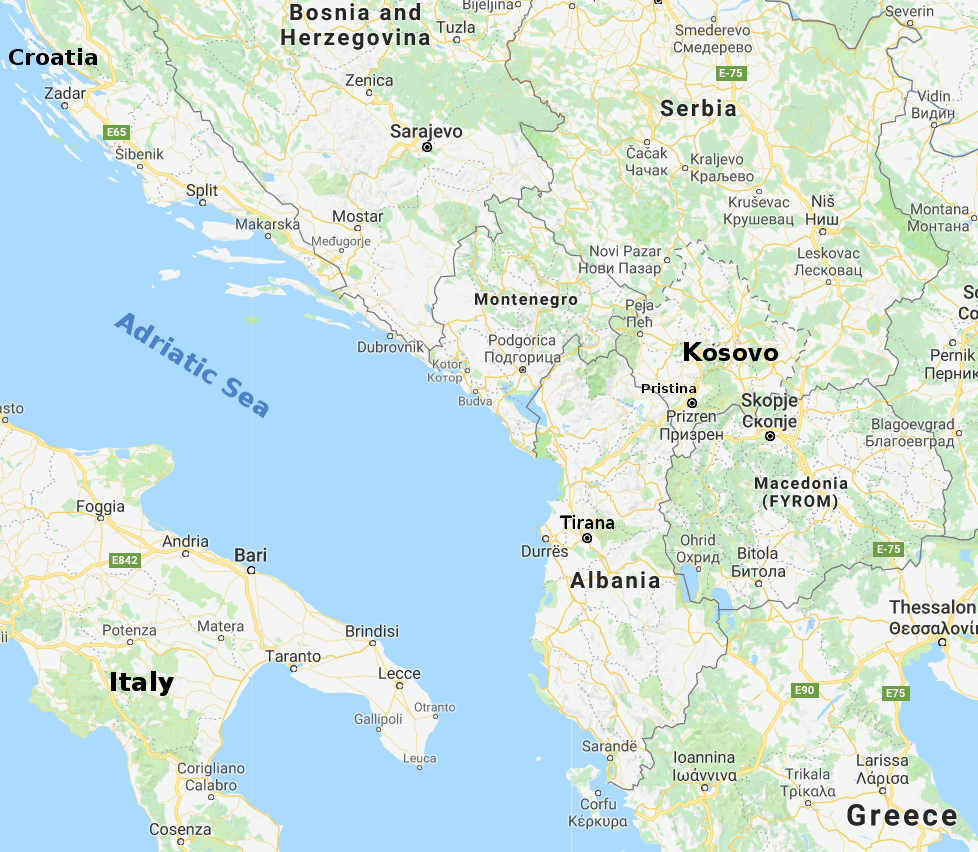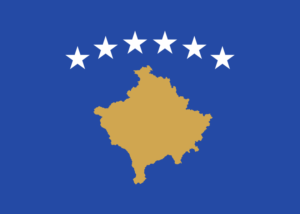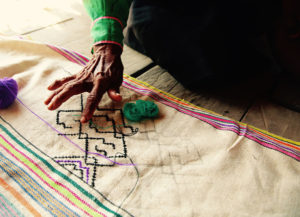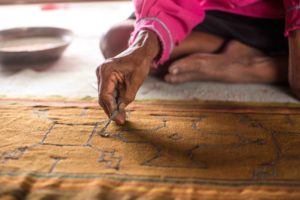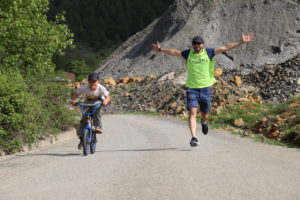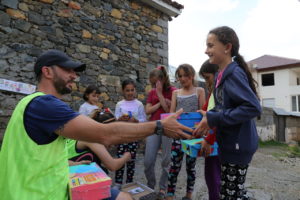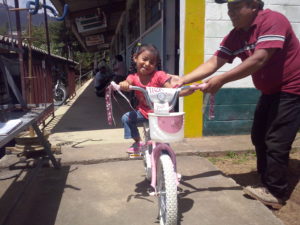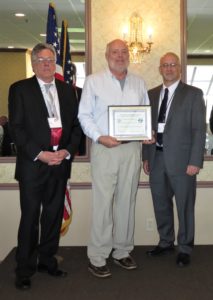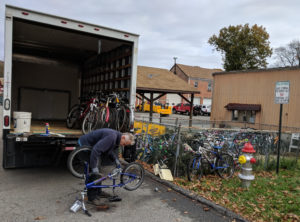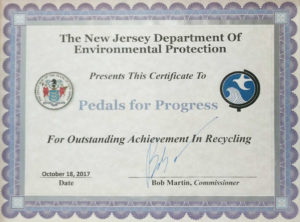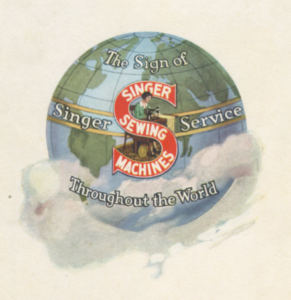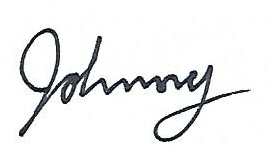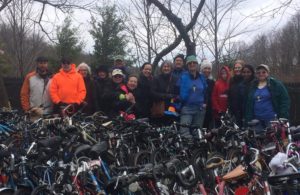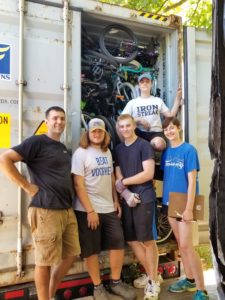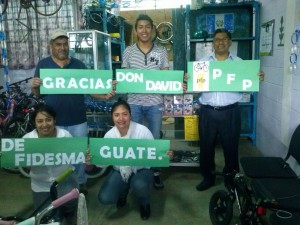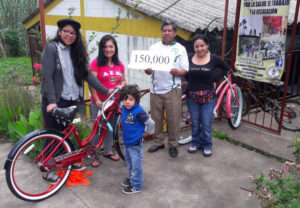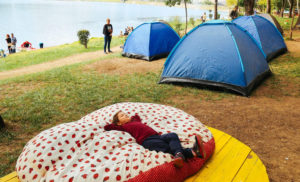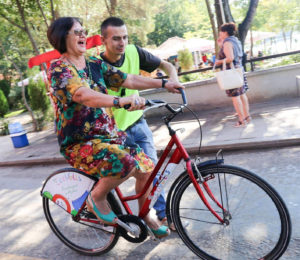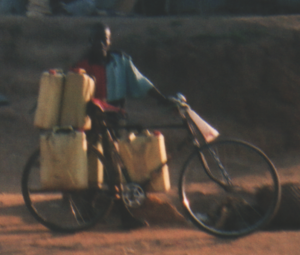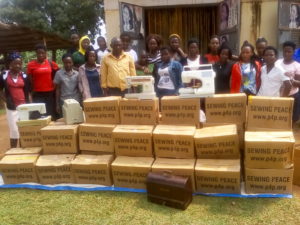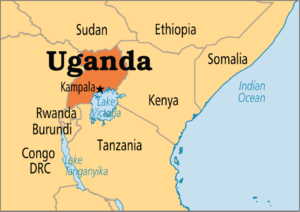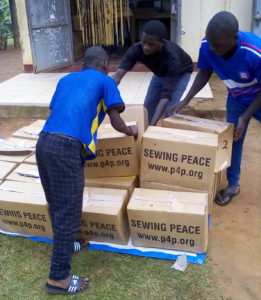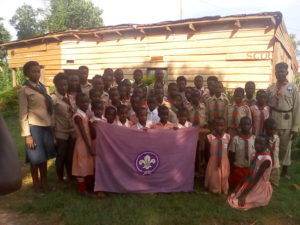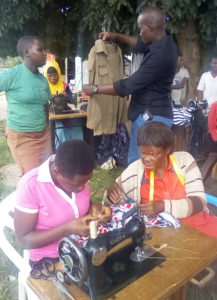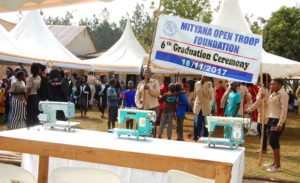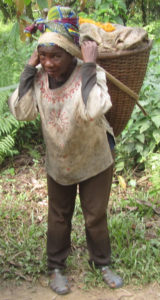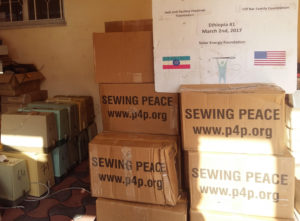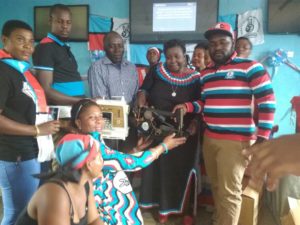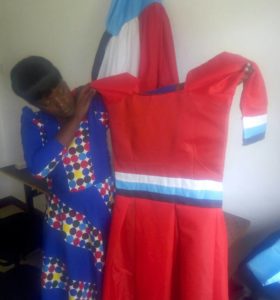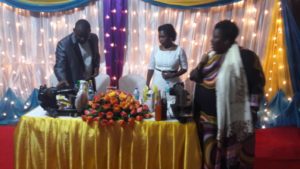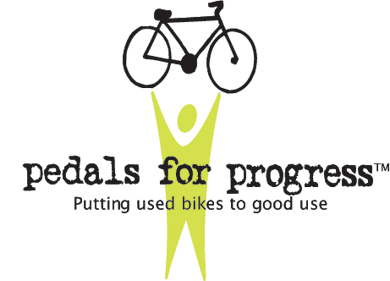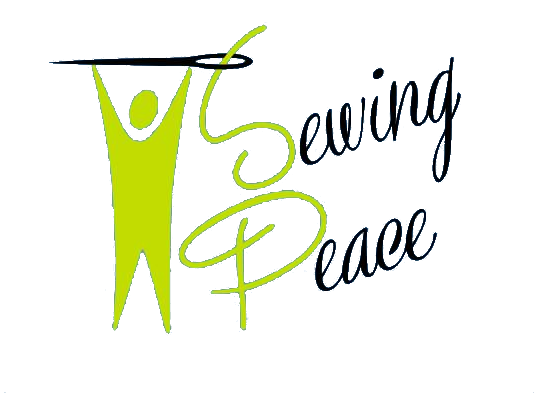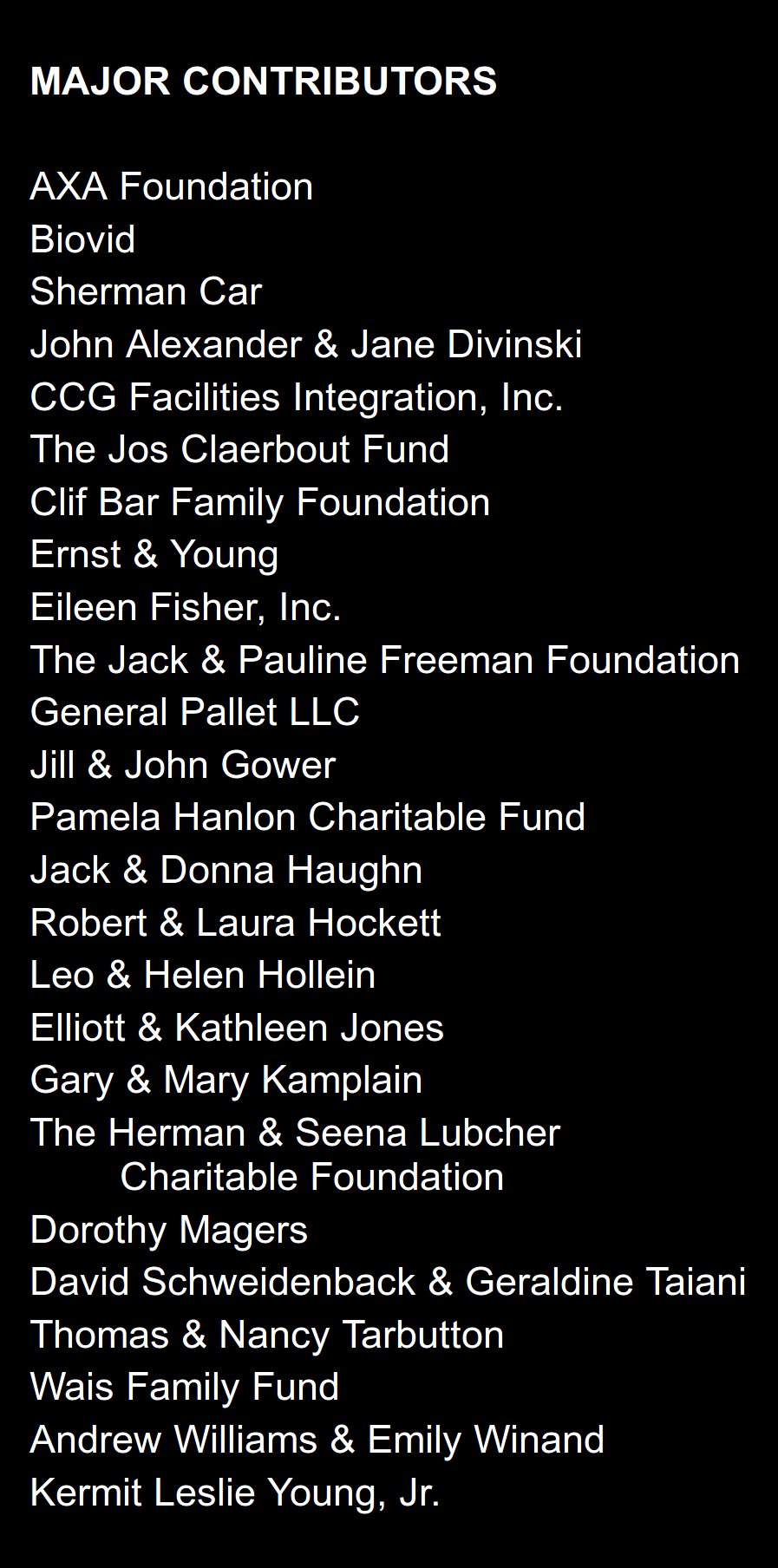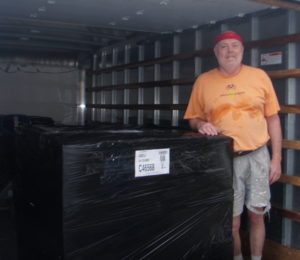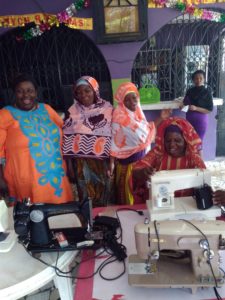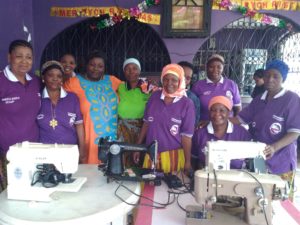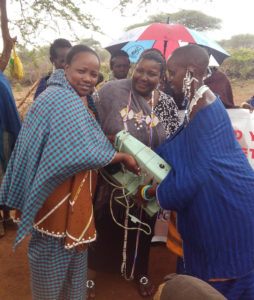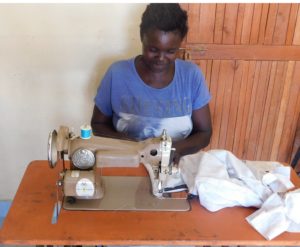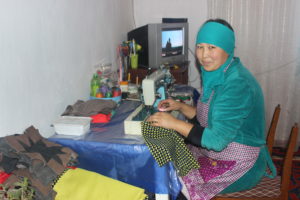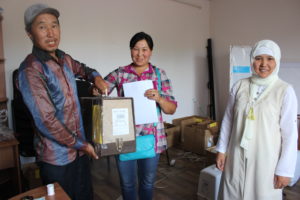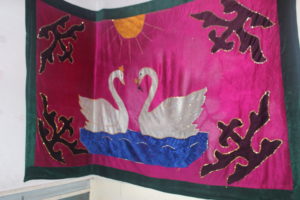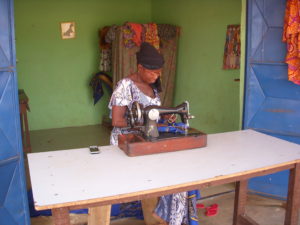Fall 2019

Delivering a Sewing Machine in Albania
By Ambra Leka, PASS/EcoVolis
Fall 2019 Newsletter
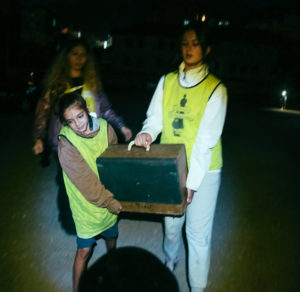 One family, unlike any other family we’ve visited, made us realize that despite the difficulties in their lives, they still have great heart, welcoming smiles, and a lot of love to give. On a cold autumn night in 2019 we visited a social house in the north city of Tropojë. We knocked and the lady of the house opened the door with a full blown smile, her eyes glowing, and welcomed us openly. But her husband — why didn’t he listen to what we were saying?
One family, unlike any other family we’ve visited, made us realize that despite the difficulties in their lives, they still have great heart, welcoming smiles, and a lot of love to give. On a cold autumn night in 2019 we visited a social house in the north city of Tropojë. We knocked and the lady of the house opened the door with a full blown smile, her eyes glowing, and welcomed us openly. But her husband — why didn’t he listen to what we were saying?
The couple were born without the ability to speak or hear. After some time as friends, they fell in love and started living together, desperate as any couple to raise a family and become parents.
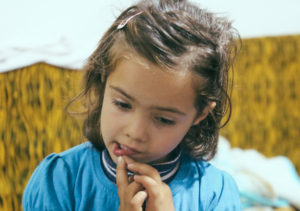 What can we say? We only had one sewing machine to donate. It seemed symbolic to us, but to their family it seemed like we were donating a treasure. We went inside, put the sewing machine on the table, and met their little girl, who greeted us with her sweet voice and an angel face. It was so nice to see a family where mom and dad couldn’t even talk or hear, but their daughter somehow could understand and communicate with them. And why was she so small?
What can we say? We only had one sewing machine to donate. It seemed symbolic to us, but to their family it seemed like we were donating a treasure. We went inside, put the sewing machine on the table, and met their little girl, who greeted us with her sweet voice and an angel face. It was so nice to see a family where mom and dad couldn’t even talk or hear, but their daughter somehow could understand and communicate with them. And why was she so small?
We explained how they could use the sewing machine. The lady with a longing and patience watched us as were trying to explain how she could use it. We didn’t know how to feel, what to say or how to act. Her husband left us for a moment and went into the next room. He returned with another sewing machine that the lady had used before it was broken. He had been working on it but had never been able to fix it, much less buy a new one.
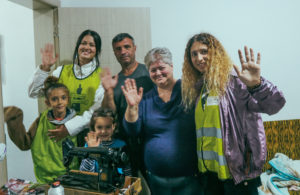
It’s hard to describe what I experienced: my happiness and the happiness that the family felt in those moments. They thanked us immensely for the sewing machine while I as a 20 year old girl and young activist want to thank you for the opportunity, the confidence, the cooperation and what I experienced when I knocked on their door, just with a sewing machine that was not mine. THANK YOU.
EcoVolis video (43 seconds) of the delivery of the sewing machine
President’s Message, Fall 2019
By Dave Schweidenback
Every year is a little different but Pedals for Progress/Sewing Peace has always run in cycles. We establish a bunch of new programs and we concentrate on resupplying them for a number of years until we reach a critical mass and we are no longer needed. Then it is time to move on to new programs in new countries.
2019 was a rebuilding year. We opened new programs in Nigeria, Tanzania, and Togo. We started our fiscal 2020 in October 2019 opening a new program in South Africa. Opening a new program is in effect starting a new business. New businesses require a capital outlay to get them up and running. We had a very expensive year!
The spring collections were relatively flat compared to the previous year. However this autumn our production was up over 30% compared to the previous fall!
Our autumn collectors really knocked the cover off the ball.
We have not had such a successful autumn since 2004. I truly wish I could say why this fall was so successful (I can’t) but we are certainly grateful. Our goal is to collect as many usable bikes and sewing machines as possible, so rising production is a good thing, but alas more expensive also.
The last effect of opening new programs and rising production is a tremendously interesting newsletter. We have stories from all sorts of new places for you to read, stories that demonstrate the efficacy of our mission. And our mission has met the test of time. There are still places that desperately need our help; and our program delivers. We help people stay in their hometown and be successful rather than becoming being economic migrants.
I thank you so much for your support throughout the years and this year in particular. We literally could not do it without you.
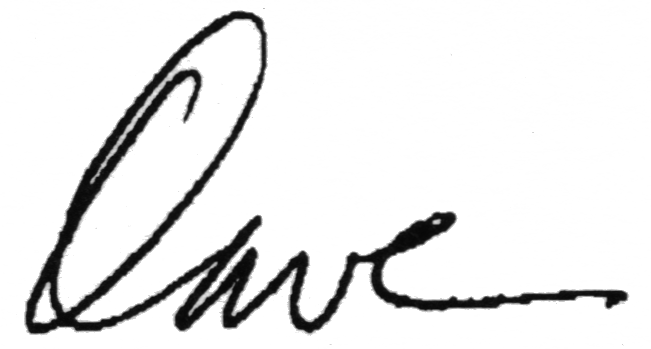
2019: Hard Times in Guatemala
Fall 2019 Newsletter
FIDESMA, in San Andrés Itzapa, Guatemala, is our longest-running partner. Our first shipment there was in 1999. Since then we’ve shipped them 10,333 bikes and 314 sewing machines.
Crime rates in Guatemala are high. Our partners at FIDESMA say that crime has hurt the local economy. Partly as a result, we’ve partly subsidized a shipment there for the first time.
Still, FIDESMA remains one of our most active partners, with programs in agriculture, health, conservation, special education, and job training, as well as bicycle and sewing machine programs.
Here are a few recent photos from FIDESMA and the story of a man who may be our oldest customer.
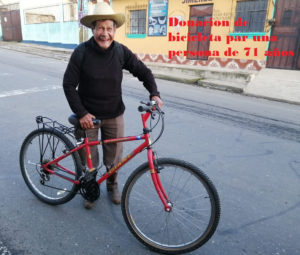 Vincente Chun
Vincente Chun
Vicente Chun is 71 years old. He travels by bicycle every day to the field where he plants and tends corn and beans. He also works as a night watchman. He gets his food and clothing at a senior center. On the weekend he attends church near his home.
Unloading a Container
We regularly post photos of our U.S. crews loading containers at our Glen Gardner site. Here’s a photo of the loading of P4P’s 150,000th bike, which went to FIDESMA in April 2017. Here are some photos of what happens when a container gets to Guatemala.
Robert Musil’s Sewing Machine: from New York to Togo
By Dave Schweidenback
Fall 2019 Newsletter
Robert Musil, 23 years old, left Krizanow, Moravia (now the Czech Republic), in October 1910. His sister Fanny Vogel had previously emigrated to the U.S. and she and her German husband sponsored Robert’s trip. He traveled north to Bremen in Germany and embarked for the U.S.
He arrived at Ellis Island November 17, 1910, looking for a new life and greater opportunity. Like most immigrants he was not looking for a handout but rather to become a creative part of his new country. He was ready to work. Robert was a tailor, made a living his whole life sewing. He is an American success story of how immigrants enrich America. In 1912, Robert married another Czech, Bozina Ourednik. They had two daughters, born in 1914 and 1917.
Robert was an entrepreneur who supported his family through hard work and great skill. He bought himself a new 1912 Singer manual sewing machine and went to work. In New Rochelle, New York, he worked out of the front parlor of his home where he had a large triple mirror so his clients could see themselves in the custom-made dresses and suits he made. He basically had only a half-dozen wealthy customers, for whom he made evening gowns, suits, and coats.
Robert passed away in 1960. His sewing machine stood idle, finally ending up in his granddaughter’s garage, a family heirloom but what to do with it? The 1912 Singer was waiting for a new life somewhere, ready to go back to work. All these years later his granddaughter, Betsy Richards, still had the sewing machine packed away in her garage. After learning of the mission of Sewing Peace, Betsy decided the best thing to do with it was to donate it so someone else could make a living with that high-quality machine made in the U.S.
In comes Anne Fitzgerald, sewing machine collector extraordinaire. Betsey found Anne because the P4P/SP collection was announced in the local newspaper. On October 5th, 2019, Anne brought the sewing machine to the P4P/SP collection at the Asbury United Methodist Church in Croton-on-Hudson, New York. The collection was sponsored by the Croton Lay Interfaith Council.
Gary, our V.P. and collection coordinator, went to that collection and brought that sewing machine back to the warehouse. Then Dennis our tinkerer did some minor maintenance on the machine. It is now working beautifully!
Robert Musil’s sewing machine shipped to DRVR, our partner in Togo, West Africa, on October 26, 2019. Previously, DRVR had received only one shipment of sewing machines. But with the generous support of the Clif Bar Family Foundation, DRVR is now a bicycle program as well as a sewing program. We hope to be able to trail along to the final destination of Robert’s machine and bring you the conclusion of the story in our 2020 spring newsletter.
Success Story from Togo
Fall 2019 Newsletter
Mrs. Afi Brigitte Ametowoyona lives in Vogan village, Togo, and is the married mother of five children. Before she joined a DRVR sewing apprenticeship workshop she rented a sewing machine for U.S. $10 a month. But at the end of her apprenticeship she got a Sewing Peace machine at no charge as part of the program. She can now save money to feed her family and pay school fees for her children.
Field Report from Mityana, Uganda
By Mathew Yawe
Fall 2019 Newsletter
Mityana Open Troop Foundation is a community organization with a vocational skills training centre, recruiting and training disadvantaged youths. After a two-year program in vocational skills, graduates are awarded certificates along with a start-up sewing machine.
Sewing Peace U.S.A. has done a great job in supporting our organization, having shipped us more than 200 sewing machines starting in 2017.
Here are two of our success stories.
Sarah Nakiganda
Sarah Nakiganda is 20-year-old project graduate of 2017 who was donated a Singer sewing machine.
She is a school drop-out of primary 4. Because she was not thriving in formal school, she was brought to our training centre to learn income-producing skills.
At our training centre she performed very well in practical hands-on work. Since she graduated in 2017, she has managed to rent a small room in the town of Mityana, where she earns money making and repairing dresses of all sorts.
She earns between $5 and $7 U.S. per day. With her earnings, she has managed to pay for her younger two sisters’ education, including their school fees and scholastic materials.
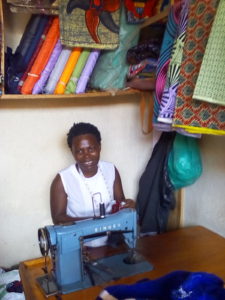 Joan Namiyingo
Joan Namiyingo
Joan Namiyingo is a 30-year-old single mother. She graduated from our centre in 2017, received a Singer machine, and now supports herself and her child.
New record for time in customs: Uganda, 2018 – 2019
By David Schweidenback
Fall 2019 Newsletter
A successful development project has several requirements. We respond to all requests yet are able to fulfill only a small portion of them. Our best answer is that we work where the world allows us to work.
- Our first necessity is a seaport. Shipping by water is cost-effective. Countries without seaports, especially countries deep in the interior of a continent, are much more expensive to get to. The cost of the overland shipping is double that of ocean-going freight.
- Our second necessity is a reasonable government at the destination. The shipping only arrives at the front door. It is the government of the destination country that opens the door to let you in. There are many countries that do not accept any used goods.
- Third and most important is a partner. We seek financial partnerships with the distributors of our bicycles and sewing machines. You equitably distribute a product in an economy by selling it. Just because you sell something doesn’t mean you have to charge a high price; it’s just that you need a mechanism to make the transaction work.
- Fourth and also critical is the funding. We beg for donations for the first load to get a program started. After that we use our original funding scheme, our revolving fund system: our partners share the costs of running their program. Through the process of distributing bicycles and sewing machines, our partners earn enough money to pay for the shipping of the next container and pay their ongoing business expenses, with some profit left over for the tertiary programs they run. All of our overseas partners have multiple other programs to help their societies; it’s not all bikes. But the bikes produce a constant stream of income to help pay for those other programs.
And then there was David Balaba, the mayor of Iganga, Uganda. Great guy. He didn’t have the first necessity, a seaport. His shipment went from New York through the Panama Canal past Singapore to Sri Lanka, was then shipped overland to Mombasa, Kenya. The cost to bring that shipment overland from Mombasa to Kampala was exactly double the cost of the entire ocean voyage.
David, the mayor of Iganga, did not have a reasonable government. Gaining entry to Uganda has always been difficult and costly. More on this later.
What the mayor did have was number three and number four. He had a solid plan for helping his community in northeastern Uganda. Plus he was able to secure funding from the Live your Mission Foundation. Two out of four — what could go wrong?
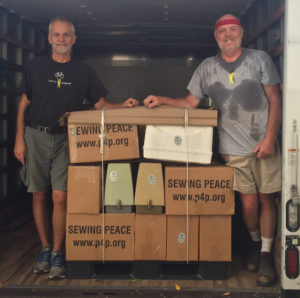 On March 21, 2018, Sewing Peace loaded 69 sewing machines and sent them to Mayor David. They sailed away down the Atlantic, across the Caribbean, then across the Pacific into the Indian Ocean and made it to Mombasa on May 23, 2018. At some point during the next month they were probably transferred to the destination, Kampala, the capital of Uganda.
On March 21, 2018, Sewing Peace loaded 69 sewing machines and sent them to Mayor David. They sailed away down the Atlantic, across the Caribbean, then across the Pacific into the Indian Ocean and made it to Mombasa on May 23, 2018. At some point during the next month they were probably transferred to the destination, Kampala, the capital of Uganda.
Remember that second necessity up at the top. Mayor David had all of his paperwork in order. He is tax-exempt and is the mayor of a fairly good size town. All the i’s were dotted in the t’s were crossed. Ahh, number 2!
The government finally released the cargo in mid-September 2019, over 15 months after it arrived in the country.
Vietnam 2019: the story of Chau Thi Huynh Huong
Fall 2019 Newsletter
Chau Thi Huynh Huong was born in 2008 into a poor family in a remote rural village in the Mekong Delta, 200 km west of Ho Chi Minh city, Vietnam. With no land and no high school education, her parents are day-workers with no stable jobs or income. The two old coconut trees by their dilapidated house are the only charming sights nearby. Her parents go to work from dusk to dawn to make ends meet. But at low season they cannot afford to pay all the living expenses of the family. Understanding her family’s circumstances, Huong often told her parents that she wanted to leave school to help them to earn income and to save the cost of her education, but they never agreed. Her parents told her that they had not had enough money to afford higher education for themselves, and that’s why they are so poor today.
One day in 2017, when Huong was at school, she was told by her teacher that she needed to leave school immediately to go to the hospital because her mother had a serious motorcycle accident. After six months in the hospital, her mother was sent home but she needed a wheelchair to get around.
Recently, Huong has been doing all of the housework and taking care of her mother: changing her clothes, bathing her, and preparing her daily meals. Her father was offered a job as a security guard at a school nearby, earning a better income than before.
Huong was on Dariu’s waiting list for a bicycle. The Dariu Foundation is the P4P partner agency in Vietnam. When the container of bikes arrived from Pedals for Progress in 2017, she was among the first girls to get a bike. Since the day she got her bike she got to school faster, saving time to help her family and attending class with better spirit. Her teacher has seen obvious changes in her attitude and feels happy about it. Besides, with the new bike, she can also run errands, such as buying poultry-feed, without waiting for her father to get home.
The bicycle has played an important role in Huong’s and her family’s daily life, and also brought her more joy and motivation for going to school.
Report from Vermont, Fall 2019
Fall 2019 Newsletter
On 21 September 2019 the Vermont Green Mountain Returned Peace Corps Volunteers (GMRPCV) held their annual collection. Vermont Knights of Columbus groups also held a September collection. The combined shipment from Vermont contained 139 bikes and 95 sewing machines, including the 500th sewing machine from the GMRPCVs. Here are the reports.
Green Mountain Returned Peace Corps Volunteers
By Joanne Heidkamp
We packed a total of 245 items into 4 containers: 139 bikes and 95 sewing machines. We also shipped 25 new bike seats donated by Terry bicycles.
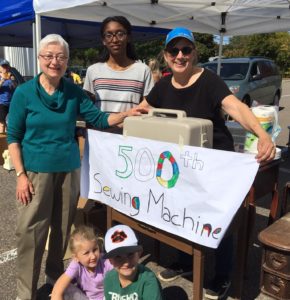 A highlight of the day was receiving our 500th sewing machine, a lovely Bernina donated by Lucy Beck, of Shelburne, Vermont.
A highlight of the day was receiving our 500th sewing machine, a lovely Bernina donated by Lucy Beck, of Shelburne, Vermont.
We collected $1,795 in cash and checks. You’ll be receiving a separate check for $410 for Mary O’Brien’s 41 lovingly tended sewing machines. Several people did not donate items, but have emailed me asking about sending shipping money directly to P4P — including a woman who works for USAID in Albania! And I hope to get $150–$200 for the 7 sewing machine cabinets that I have listed on Craigslist. Individuals in the group absorbed several hundred dollars in costs, including pizza and snacks, postage for the reminder postcards, plywood, … We can confidently say P4P will have $10 per item in hand by Thanksgiving.
Quality of the bikes and sewing machines was great overall, with a few really nice, high value items.
Thanks to everyone for their help. Thank God it’s only once a year!
Knights of Columbus, District #1, Fairfax, Vermont
By Ed Nuttall
On 7 September 2019 members of Knights of Columbus Council 10830 held a bicycle collection at Langelier’s Car Wash. Fairfax Council 10830 and Milton Council 10417 (Police and Fire Department contribution) collected fifty bikes. The bikes were stored in Pete Fitzgerald’s barn. We also collected 5 sewing machines.
The following Knights participated: Bob Thompson, Doug Lantagne, Peter Fitzgerald, Keith Billado, Skyler Billado, Greg Hartmann, and Ed Nuttall.
On 20 September, we loaded 53 bikes onto a trailer and delivered them to Burlington, where, along with the bikes and sewing machines collected by the Green Mountain Returned Peace Corps Volunteers, they were loaded onto a FedEx truck for delivery to the P4P/SP trailers in Glen Gardner, New Jersey.
Report from Tanzania, Fall 2019
By Norbert E. Mbwiliza
Fall 2019 Newsletter
[The 2019 spring newsletter described the ordeal of getting a container through the import process in Tanzania after the original destination organization went missing. Norbert E. Mbwiliza, the head of our newest partner organization in Tanzania, The Norbert and Friends Foundation, battled tenaciously to get the container to his headquarters in Arusha.
Here are Norbert’s comments on their bicycle program and a few short notes from people who have gotten bikes or sewing machines.]
Our bicycle distribution was very successful and productive in Tanzania. In rural areas where low-quality bikes are the norm, P4P bicycles have earned a superior reputation. Healthcare groups, development organizations, farmers, and individuals sought to purchase our bicycles for their programs and personal use. This market demand led us to create P4P as a social enterprise subsidiary of The Norbert and Friends Foundation that sells directly to those in need of reliable transportation.
There are many benefits in combining our philanthropic endeavors with an innovative social enterprise strategy: it is scalable and multiplies our organizational impact; it diversifies our revenue stream and provides funding for programs; it improves the efficiencies and cost structure of our education, healthcare, and economic development initiatives; and it creates a sustainable quality bicycle infrastructure in Tanzania.
The Norbert and Friends Foundation has since built programs to provide specially designed, locally assembled bicycles for students, healthcare workers and entrepreneurs across Tanzania. While the bicycles themselves help individuals conquer distance and increase their carrying capacity, the Norbert and Friends Foundation through its special P4P Program has also created new economic opportunities by training field mechanics and employing bike assemblers to support our local programs.
The P4P Bicycle Program in Tanzania has had several positive effects:
- Capacity, time, and distance: Riding a bicycle is faster and easier than walking. In fact, you transport 5x more and travel 4x faster. Also, you reach 4x further compared to walking.
- Education: A bicycle helps children to reach school faster, be more punctual and arrive fresher. A bicycle also makes a long school journey safer, particularly for girls, increasing enrollment and attendance rates. At the end of the day, more time also means more free time for homework and leisure.
- Women’s empowerment: The Norbert and Friends Foundation trains young girls to become bicycle mechanics. They serve as role models for other women to become independent entrepreneurs. Women and girls suffer disproportionately from poor transport and mobility opportunities. With a bicycle, women and girls can start their own business, perform better at school, and face a brighter future.
- Business and income: Bicycles have the power to enable new business opportunities, increase business productivity, increase opportunities for trade or increase the delivery of extension services. This leads to new opportunities to generate regular income for households. People who use bikes can save money because there is no need to pay for gas or transportation.
- Healthcare: Being a fast and reliable mode of transport, bicycles improve access by the community to healthcare centers and access by health workers to the community. Riding a bicycle of course also gives our peoples legs of steel, improves their wellbeing and keeps them fit!
- Environment: A bicycle is quiet as a mouse and causes zero emissions.
Here are notes from some of the people who have benefited from our programs.
Agripina
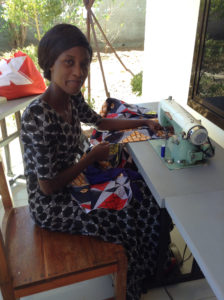 I always remember P4P because if not for them what do you think a girl like me would do??? Imagine that I — Miss Agripina — was very unemployed. P4P through The Norbert and Friends Missions has created employment for many young people and I am one of them. Now I find life a lot easier. I urge P4P donors to continue to fund this project in Tanzania through The Norbert and Friends Missions. For every P4P container, at least 400 people get support from a bicycle or sewing machine. In the youth group, most are girls who would have trouble finding safe and legal work without a sewing machine.
I always remember P4P because if not for them what do you think a girl like me would do??? Imagine that I — Miss Agripina — was very unemployed. P4P through The Norbert and Friends Missions has created employment for many young people and I am one of them. Now I find life a lot easier. I urge P4P donors to continue to fund this project in Tanzania through The Norbert and Friends Missions. For every P4P container, at least 400 people get support from a bicycle or sewing machine. In the youth group, most are girls who would have trouble finding safe and legal work without a sewing machine.
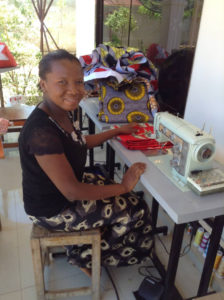 Benedeth
Benedeth
My name is Benadeth Hamisi. I am very grateful to the P4P project of The Norbert and Friends Missions for enabling me to get a sewing machine. Now I can support myself and earn my own income. Thank God. Because I work, I have avoided groups that can get me in trouble. God bless and protect you. I feel a cry of JOY.
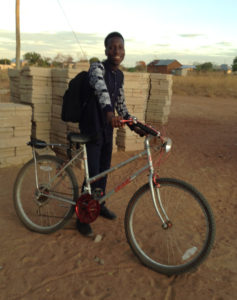
Jackson
Hello my friends. My name is Jackson Nestory. You see me here laughing because since I got this bike I can be at my brick-masonry job and take part in various social activities fearlessly. The bike has become a great tool for me because I when I’m not using the bike I can rent it to someone who wants to pay me money. Life has been great for me. Thanks to P4P and The Norbert Friends Missions for your help.
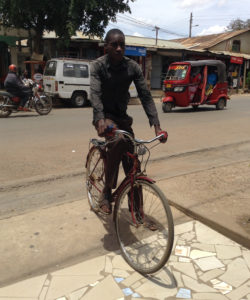 Joseph
Joseph
My name is Joseph Shija. I own a small business. As a businessman I see success because I arrive at work on time and I am not tired of traveling around many places. I enjoy my work and my community. I thank the servants of God for giving me this bike and for God’s blessing. The P4P project in Tanzania has become the voice of the voiceless. Thank you The Norbert and Friends Missions.
Suzana
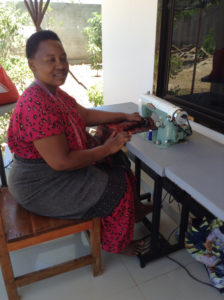 Hello. I’m called Susana. I’m a family mom. Do you know why I have a smile??? It is because P4P has changed my life. May I tell you something wonderful that has happened to me: I was unemployed, but after I got a sewing machine from The Norbert and Friends Missions I am self-employed and can take care of my family using my own income. The P4P project through The Norbert and Friends Missions has changed the lives of hundreds of people.
Hello. I’m called Susana. I’m a family mom. Do you know why I have a smile??? It is because P4P has changed my life. May I tell you something wonderful that has happened to me: I was unemployed, but after I got a sewing machine from The Norbert and Friends Missions I am self-employed and can take care of my family using my own income. The P4P project through The Norbert and Friends Missions has changed the lives of hundreds of people.
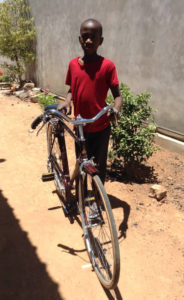 Wilson
Wilson
My name is Wilson Metusera. I thank God for being given this bike. When I was told that I was offered a free bike I was very surprised and couldn’t believe it. I’ve been getting up early to attend school for long walks. By God’s grace a P4P project was launched here in Nzega and I got cycling support. Now I can attend school, my attendance has improved, and my performance has improved. I am so happy for P4P in the USA and The Norbert and Friends Missions for showing compassion to the poor like us.
First Container, Spring 2020: Trans Valley Asian Association, Thailand
Fall 2019 Newsletter
The Trans Valley Asian (TVA) Association in Thailand is scheduled to receive the first container of the spring in 2020.
The TVA Association, located in the heart of Bangkok, Thailand, is a non-profit division established under the Trans Valley Asian Community (TVA Community) which is based on an Eco-social Enterprise concept — profit, people, and planet.
Operating since 2018, the TVA Association has been working to deliver outreach activities with local and international affiliates, including:
- The International Council of Management Consulting Institutes (ICMCI) is a global consultant organization with presence in 50 countries. ICMCI aims to promote qualified management consultants to support a wide range of businesses. We now have 50,000+ consultants around the world, including Thailand.
- The Global Ecovillage Network supports sustainable communities, bridging among policy-makers, governments, NGOs, academics, entrepreneurs, activists, community networks and ecologically-minded individuals around the world. We are the official country members of the Global Ecovillage Network, which has 53 countries members. As of today, there are 10,000+ eco villages around the world that have already been developed as sustainable communities.
- The Dariu Foundation (TDF) of Switzerland seeks to empower the poor, especially low-income women and disadvantaged children, using microfinance and education. We work with with The Dariu Foundation to provide microfinance services to low income families, digital and computing skill training courses to children, and scholarships for the most disadvantaged children in rural areas. In Vietnam, more than 400,000 children have been included in TDF projects; we are now planning projects in Thailand, where we aim to benefit 10,000 children by the end of 2020.
Cycling for the future of Kosovo
By Kushtrim Gojani
Fall 2019 Newsletter
Getting there …
Since the beginning of the partnership with Pedals for Progress in early 2018, GoBike LLC from Kosovo has had a second successful summer of bike sales. The summer season opened in March 2019, and closed for the autumn/winter in October 2019 due to temperature drops. GoBike, as a young start-up, continues to work on building its image and reputation as the bike place in Kosovo’s capital, Prishtina.
As a country of around 2 million inhabitants, Kosovo has the youngest population in Europe. More than 65% of the population are younger than 30 years old, whilst internet penetration rate is 88.8%. Taking advantage of this fact, GoBike’s marketing strategy was entirely reliant on social media. The benefit of this approach is also that social media is free, a key factor for GoBike at its early stage of existence. GoBike now numbers 1200 followers on Facebook, and 3800 on Instagram, two platforms where most customers hear about GoBike.
Whilst in the first season in 2018 GoBike was concentrated on sales, this season, in 2019, GoBike worked hard to build bike-renting services, and put bikes to good use to people and to the environment.
Cycling Schools
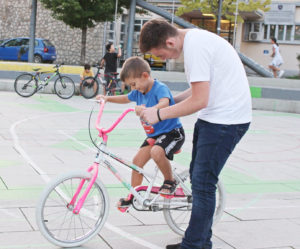 As Prishtina is often one of world’s most polluted cities — due to dense traffic and 100% reliance on coal-produced electricity — encouraging people to cycle is vital for the environment. To this end, since June 2019, GoBike teamed up with a local youth non-governmental organization AYA ‘Pjetër Bogdani’ to organize Cycling Schools and teach people how to ride a bike. Cycling Schools were quite popular. One can never have enough of such events, as the demand was high, particularly amongst children.
As Prishtina is often one of world’s most polluted cities — due to dense traffic and 100% reliance on coal-produced electricity — encouraging people to cycle is vital for the environment. To this end, since June 2019, GoBike teamed up with a local youth non-governmental organization AYA ‘Pjetër Bogdani’ to organize Cycling Schools and teach people how to ride a bike. Cycling Schools were quite popular. One can never have enough of such events, as the demand was high, particularly amongst children.
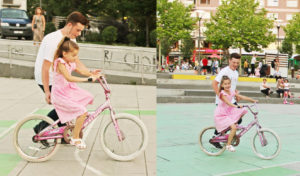 Cycling Schools operated in downtown Pristina and were free of charge. Whilst our teams helped every interested person balance and pedal, we gave particular attention to little girls, for whom parents often neglect this important milestone in their lives — learning to ride a bicycle, be free, and grow their independence. GoBike can only hope that through these activities we can contribute to growing the cycling community of Pristina; help young girls and boys grow independent; provide a cycling experience to the adults who have never experienced cycling before; and reduce carbon emissions by promoting cycling as a more sustainable way of transport.
Cycling Schools operated in downtown Pristina and were free of charge. Whilst our teams helped every interested person balance and pedal, we gave particular attention to little girls, for whom parents often neglect this important milestone in their lives — learning to ride a bicycle, be free, and grow their independence. GoBike can only hope that through these activities we can contribute to growing the cycling community of Pristina; help young girls and boys grow independent; provide a cycling experience to the adults who have never experienced cycling before; and reduce carbon emissions by promoting cycling as a more sustainable way of transport.
Cycling Champion
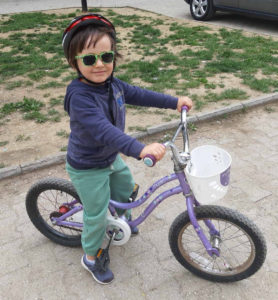 Anel is a customer GoBike will never forget. Indeed, he will never forget GoBike either, as GoBike is now firmly part of his life’s story.
Anel is a customer GoBike will never forget. Indeed, he will never forget GoBike either, as GoBike is now firmly part of his life’s story.
Anel is 4 years old. When he walked into the GoBike shop with his father in late March 2019 to purchase a bike, he had never cycled without the aid of side wheels. However, with the grit and determination of a child, he chose a bike he liked that had no side wheels. He knew what he was doing. He hopped on it, started pedaling and wobbling, but feeling confident by the presence and help of his father. He did a few rounds with assistance, asked to be released, carried on pedaling, and did not stop cycling the whole summer. His happy face is the best reward for GoBike.
New Partner in South Africa, 2019
Fall 2019 Newsletter
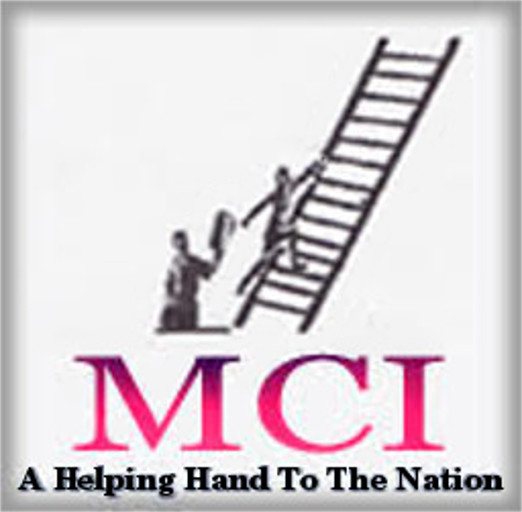
Sewing Peace is proud to announce a new partnership with More Care International, based in Pretoria, South Africa, and operating in Winterveldt, a village 53 kilometers from Pretoria. We’ve agreed to help with their mission: “to establish effective social structures for the undertaking of income-generating projects for the vulnerable and marginalized in the community”.
On November 13, 2019, we shipped 71 sewing machines to start our collaboration.
The last time Pedals for Progress shipped to South Africa was August 2001. We shipped 8 containers of bikes there between 1998 and 2001. Until now, we’ve never shipped any sewing machines there.
P4P/SP Active Partnerships as of 16 November 2019 ( 🌐 Map)
ALBANIA, Tirana, PASS/EcoVolis, community development: 7,824 bikes (2010 – 2020), 409 sewing machines (2010 – 2020)
GUATEMALA, Chimaltenango, Fundacion Integral de Desarrollo Sostenible y Medio Ambiente (FIDESMA), small-business promotion: 10,333 bikes (1999 – 2019), 314 sewing machines (2003 – 2019)
KOSOVO, Kastriot, GoBike, community development: 450 bikes (2018), 50 sewing machines (2018)
NIGERIA, Lagos, Peacemakers Community Development Foundation, small-business promotion: 463 bikes (2019), 145 sewing machines (2019)
SOUTH AFRICA, Pretoria, More Care International, community development: 71 sewing machines (2020)
TANZANIA, Arusha, The Norbert and Friends Foundation, community development: 908 bikes (2020), 176 sewing machines (2019 – 2020)
TOGO, Vogan, Association Défi et Révolution de la Vie Rurale, economic development: 463 bikes (2020), 172 sewing machines (2019 – 2020)
UGANDA, Mityana, Mityana Open Troop Foundation, community development: 209 sewing machines (2017 – 2019)
UGANDA, Iganga, Office of the Mayor, community development: 69 sewing machines (2018)
The P4P fiscal year runs from October 1st through September 30th.
2015: 3,179 bikes, 310 sewing machines
2016: 2,760 bikes, 285 sewing machines
2017: 3,644 bikes, 533 sewing machines
2018: 2,935 bikes, 466 sewing machines
2019: 2,806 bikes, 565 sewing machines
2020 (YTD): 1,355 bikes, 321 Sewing machines
Twenty-Nine Year Bicycle Grand Total 159,593
Twenty Year Sewing Machine Grand Total 5,179
Financial Sponsors
A SPECIAL THANKS TO OUR SPONSORS AND MAJOR CONTRIBUTORS:
John Alexander & Jane Divinski
AXA Foundation
Chad & Cecilia Bardone
Biovid
Blessed Sacrament Catholic Church
Sherman Carll
CCG Facilities Integration, Inc.
Mrs. Diane Claerbout and Professor Jon Claerbout
Clif Bar Family Foundation
Dariu Foundation
Dewan Foundation
Uta Dreher
ExxonMobil Foundation
FedEx
Pamela Hanlon Charitable Fund
Jack & Donna Haughn
Robert & Laura Hockett
Leo & Helen Hollein
Gitta & Neil Hosenball
Elliott & Kathleen Jones
Gary & Mary Kamplain
Loughlin Family Foundation
Dorothy Magers
Helen & William Mazer Foundation
David Schweidenback & Geraldine Taiani
South Brunswick Education Association
Ronald Subber & Martha Wood
Thomas & Nancy Tarbutton
Wais Family Fund
Andrew & Emily Williams
Kermit Leslie Young, Jr.
P4P/SP Board of Trustees
John Alexander, Treasurer
1594 Frontero Avenue
Los Altos, CA 94024
David Schweidenback, President & CEO
86 E Main St
High Bridge, NJ 08829
John Strachan
95 Old York Rd
Hopewell, PA 18938
Andrew Williams
642 Jersey Av Apt 3
Jersey City, NJ 07303
Robert Zeh, Secretary
5 Woods Edge Ct
Clinton, NJ 08809
P4P/SP Staff Directory
Dave Schweidenback – Founder and CEO
Gary Michel – VP and Collection Coordinator
Lori Smith – Office Manager
Michael Sabrio – Webmaster
Fri Nov 22 17:36:27 EST 2019
Fri Dec 25 2020: removed references to Zambia. Program never materialized.

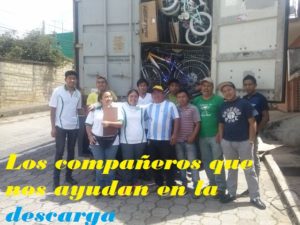
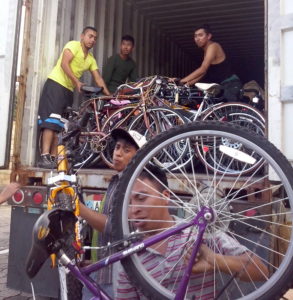
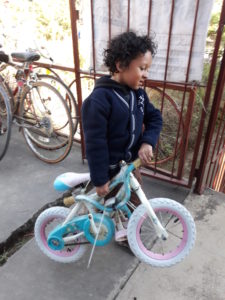
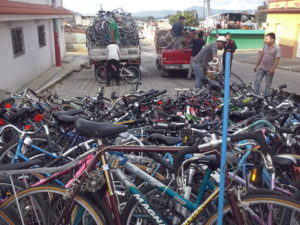
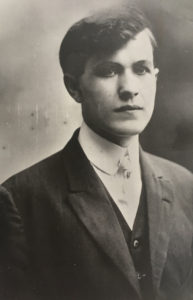
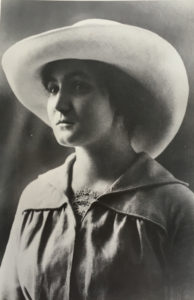
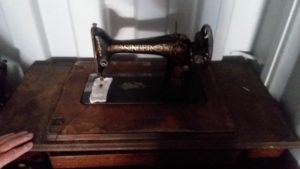
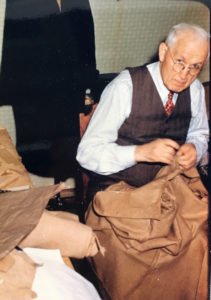
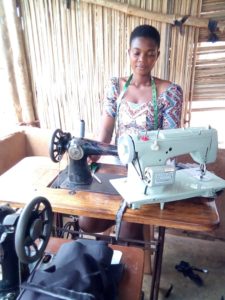
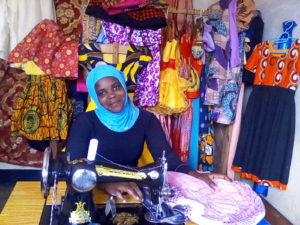
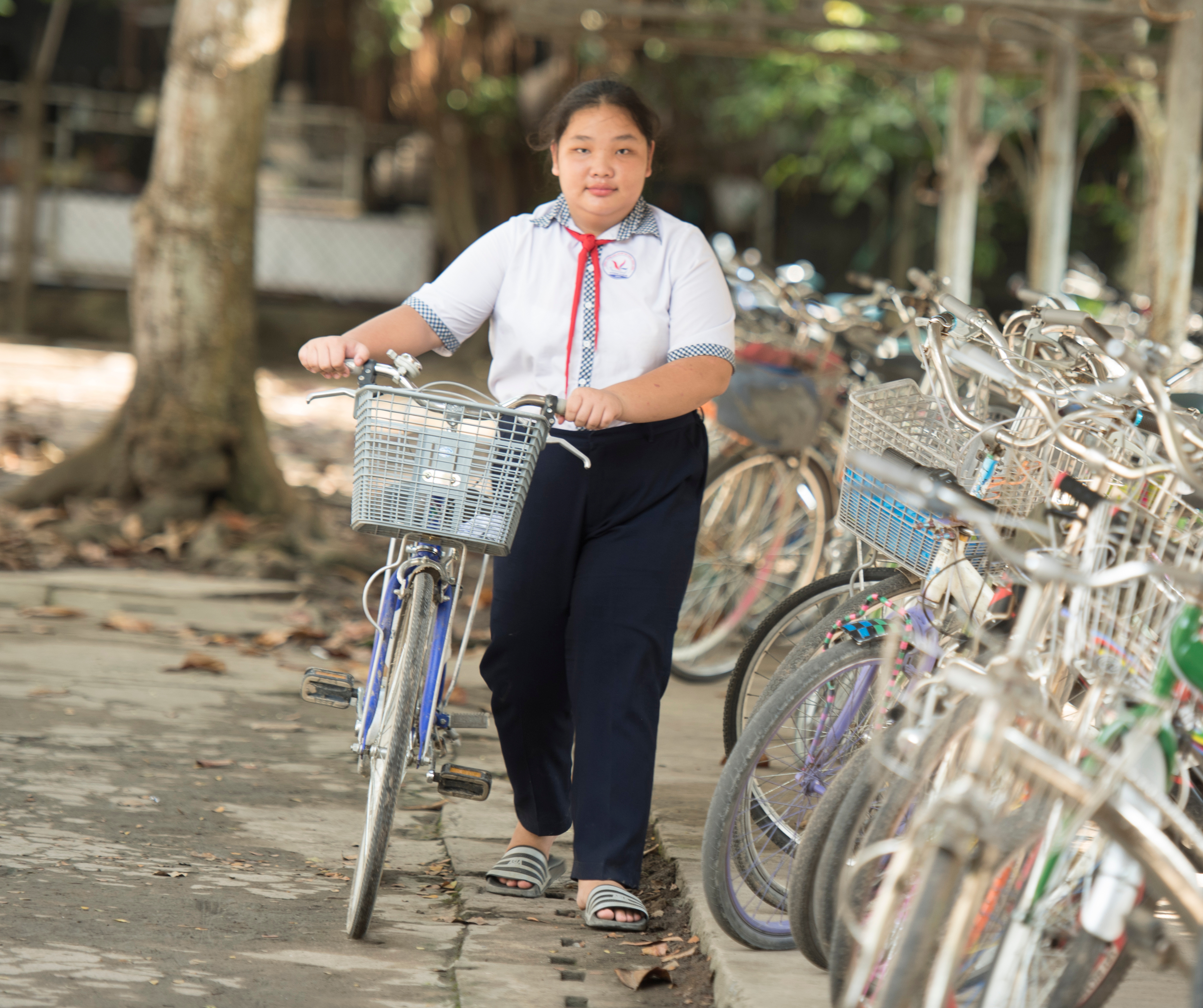
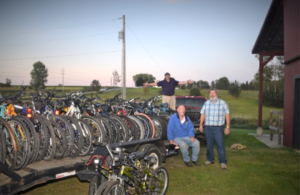
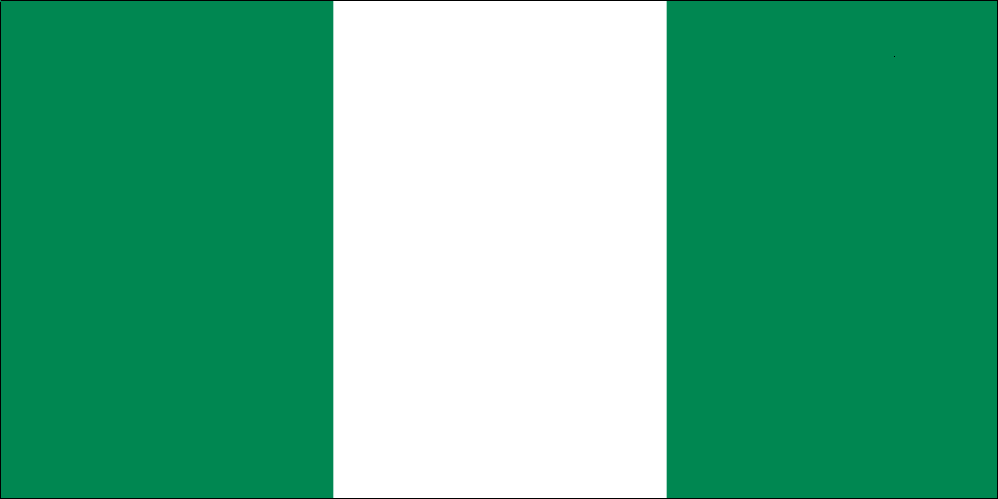
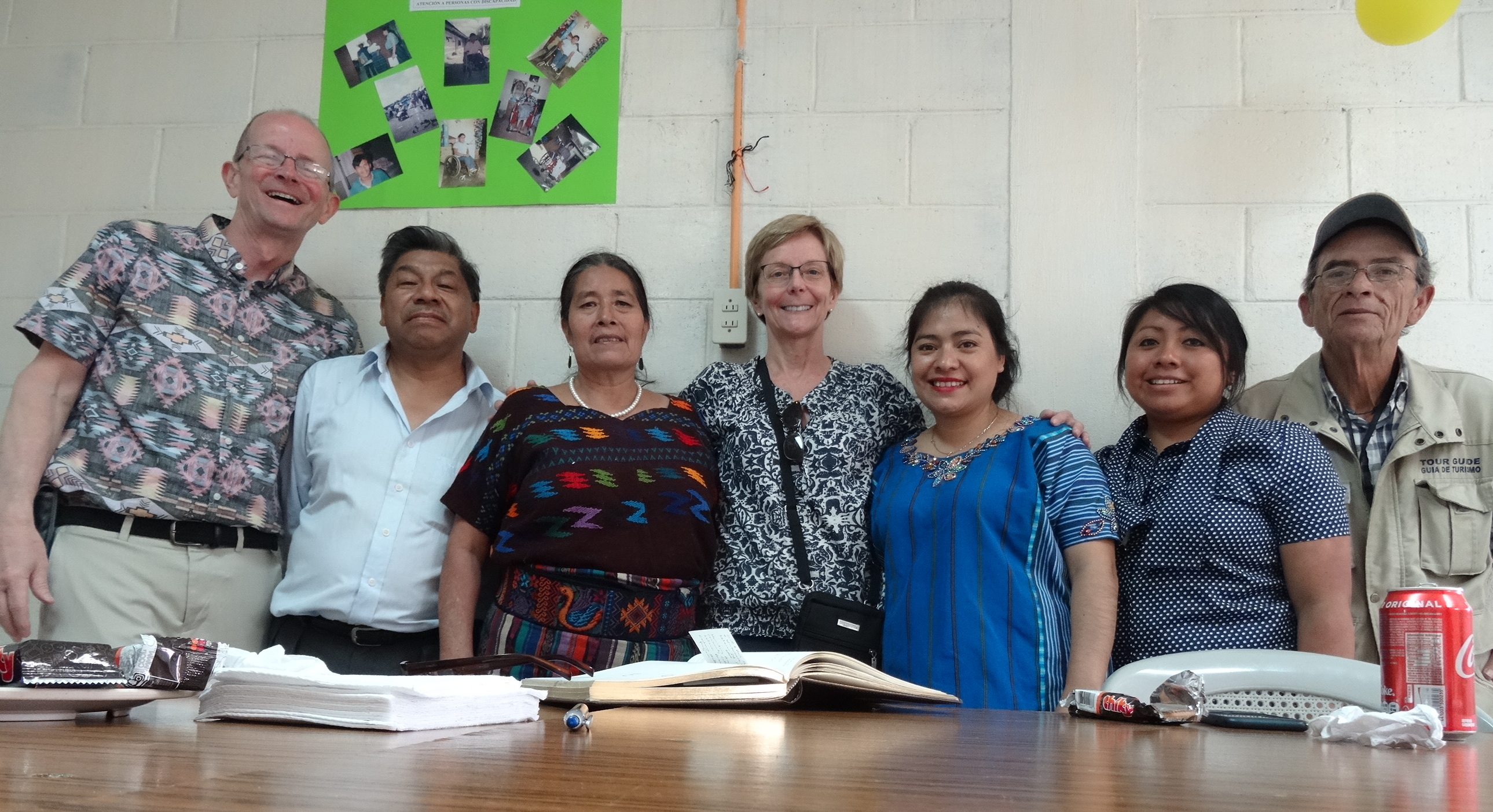
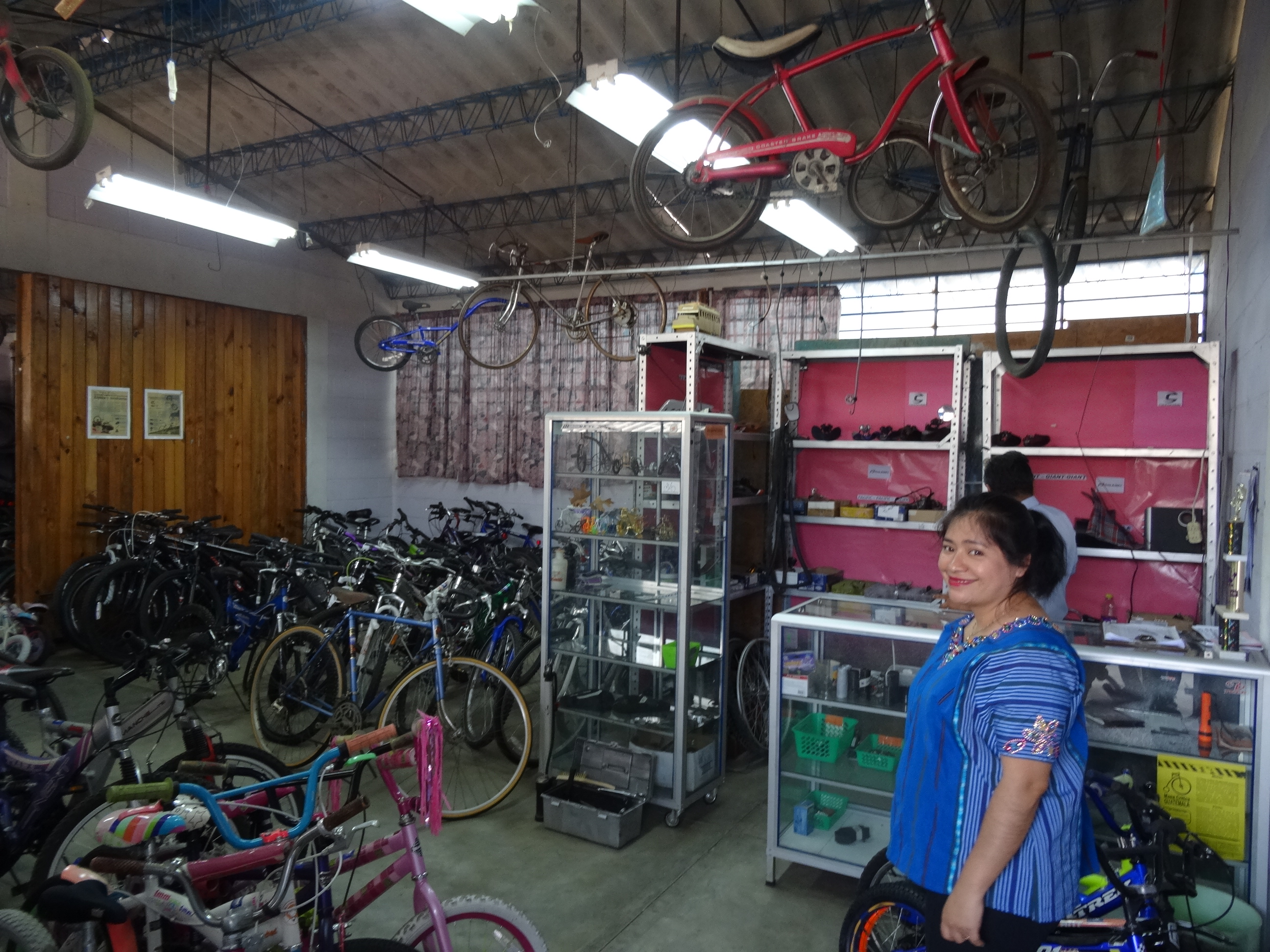
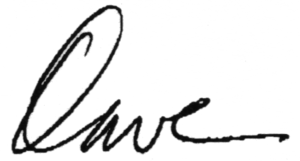
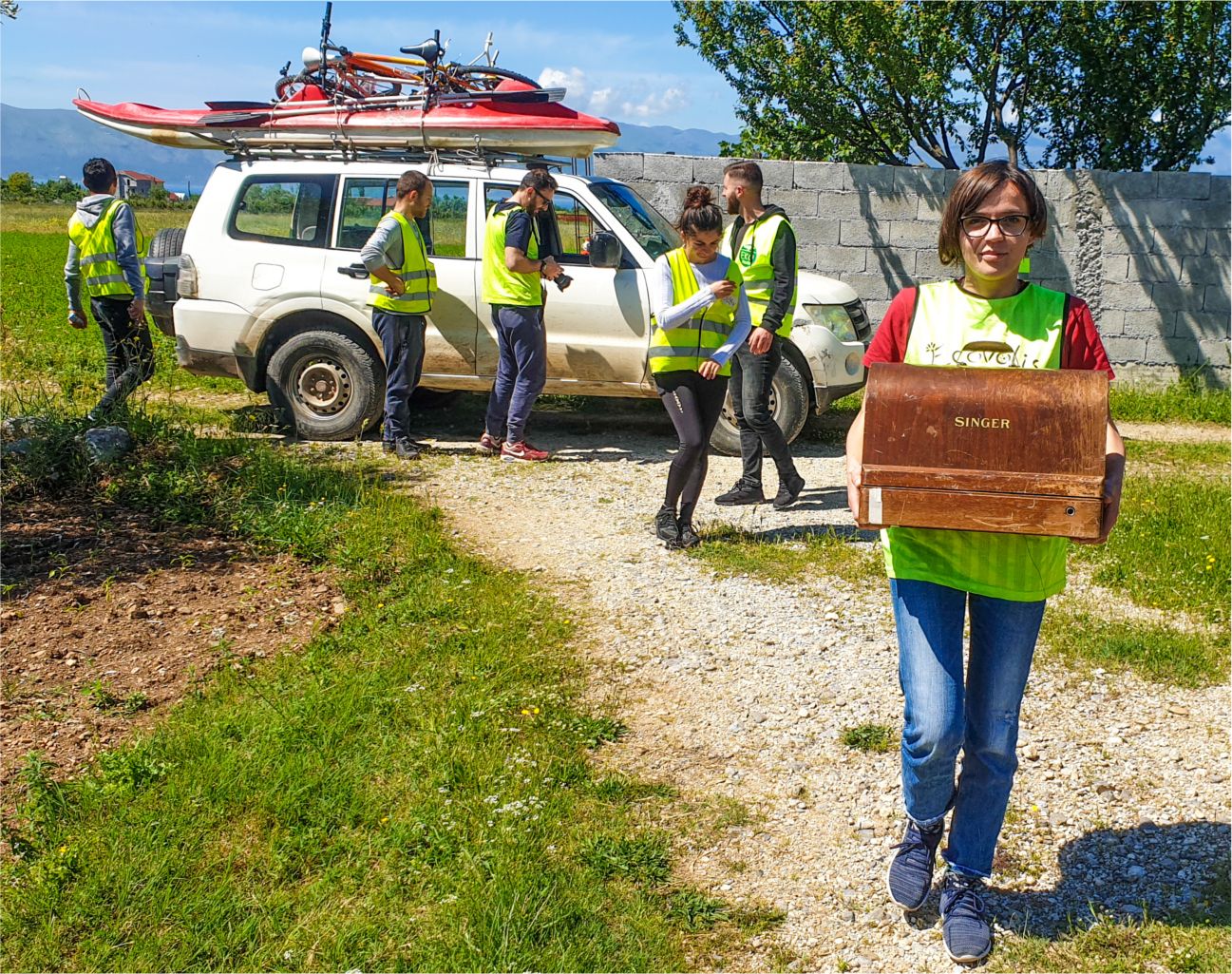
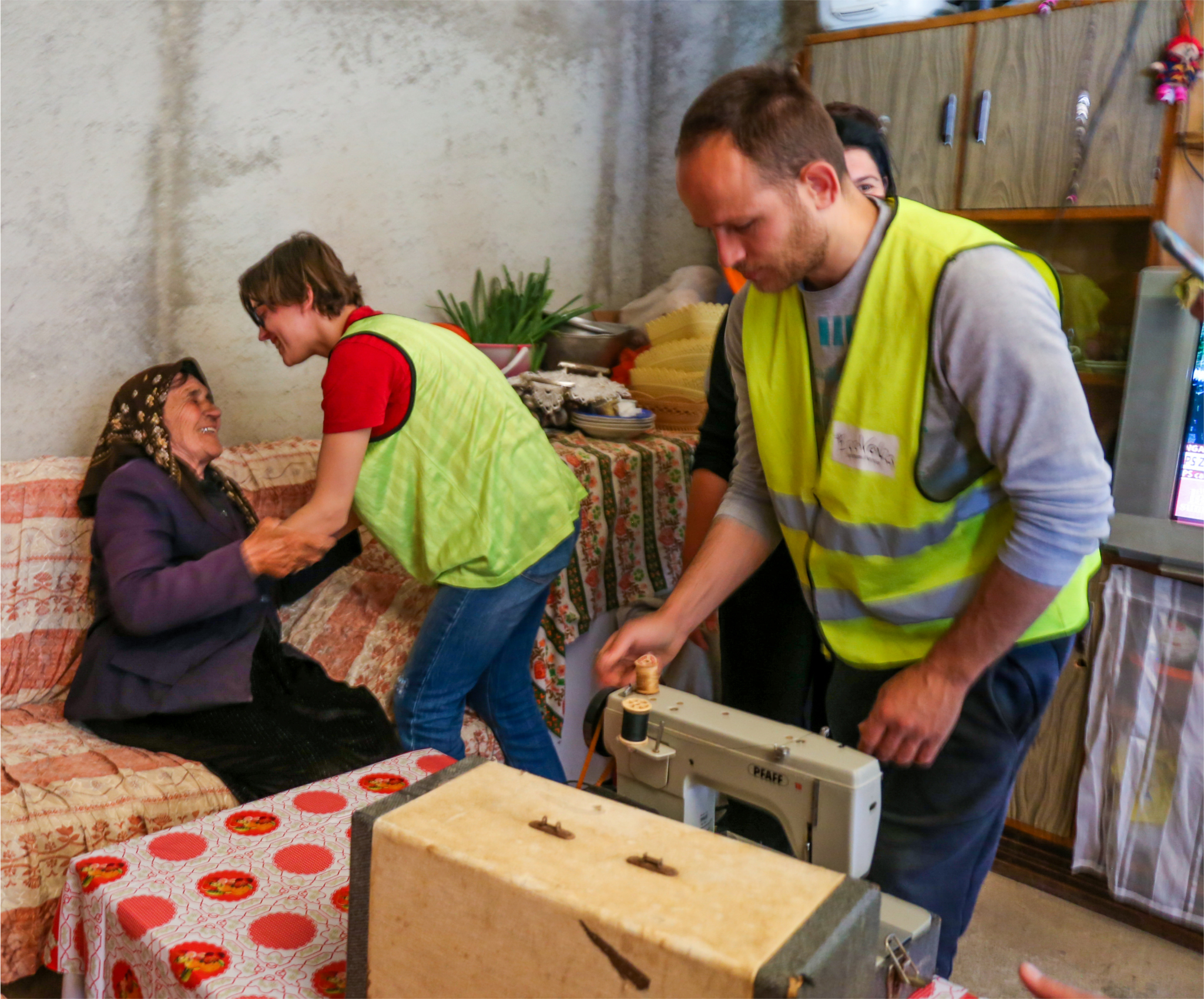
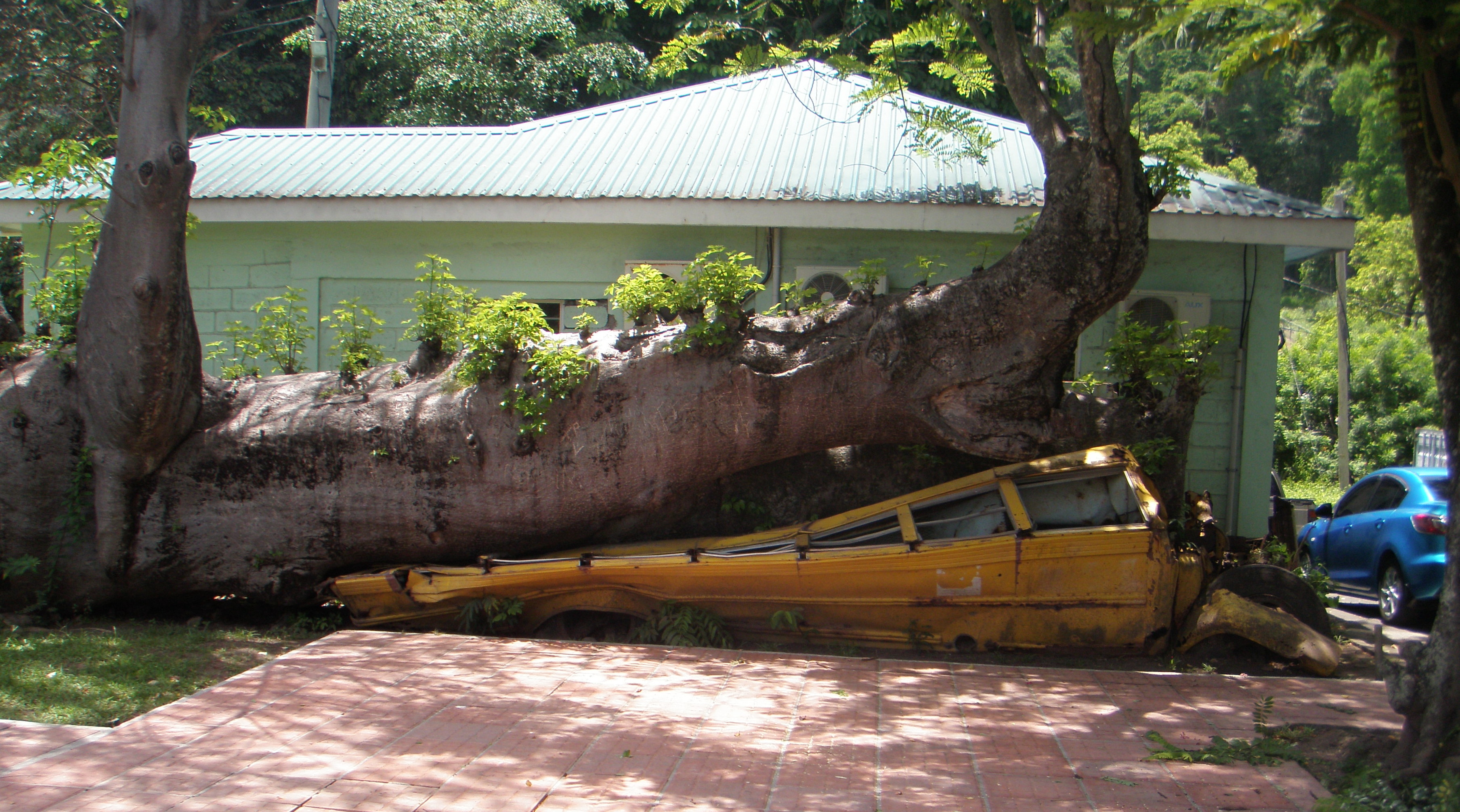
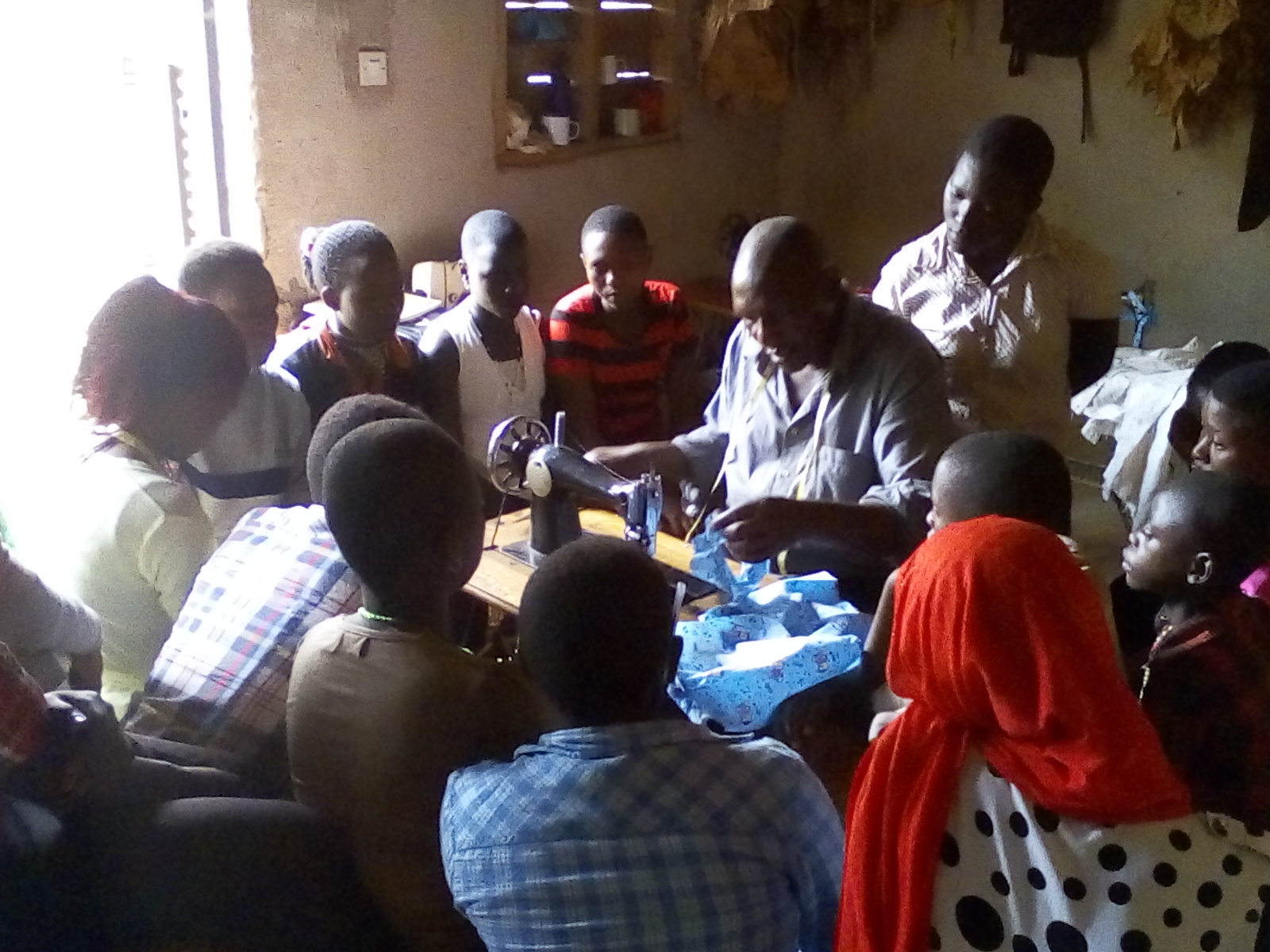
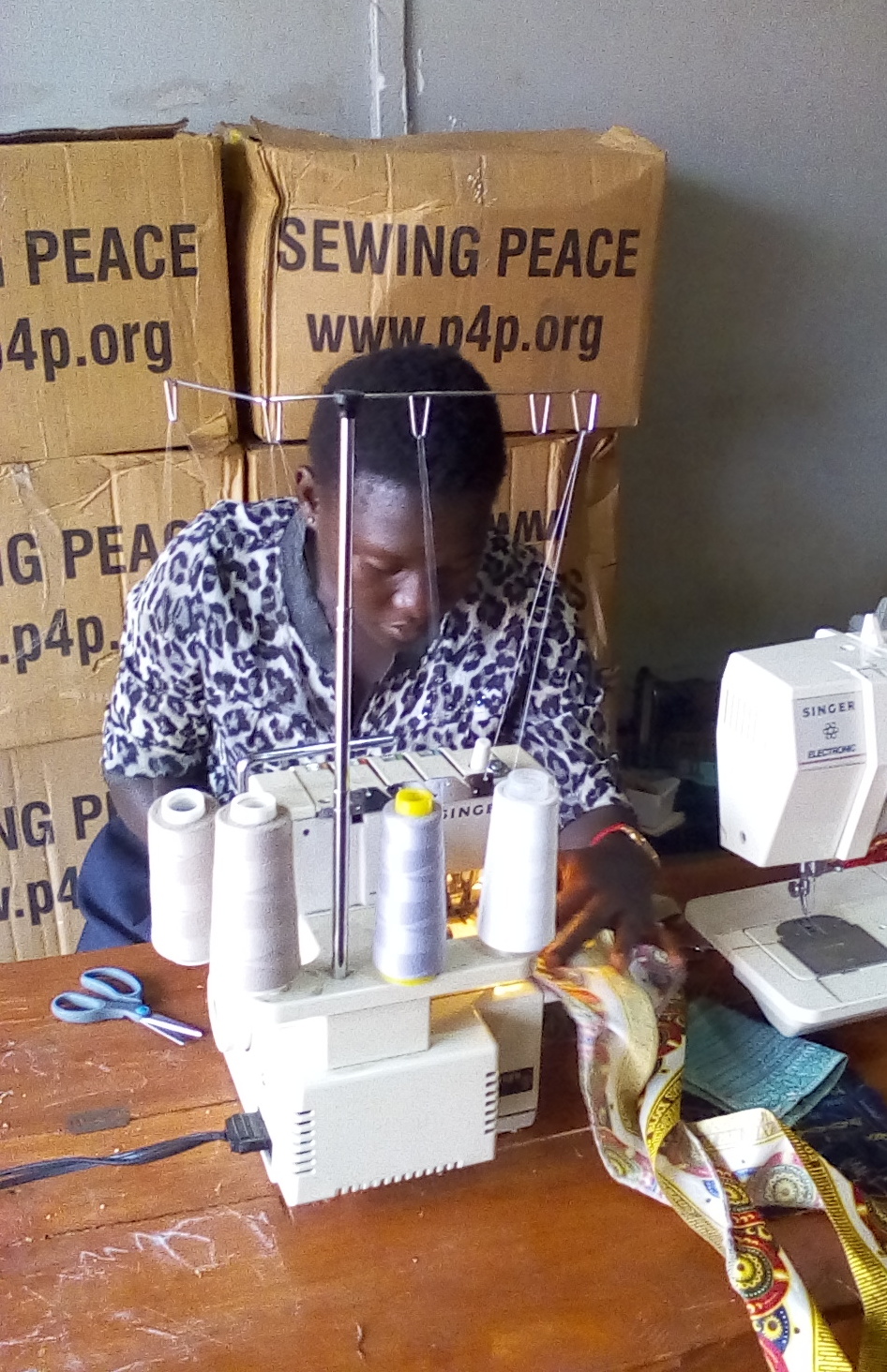
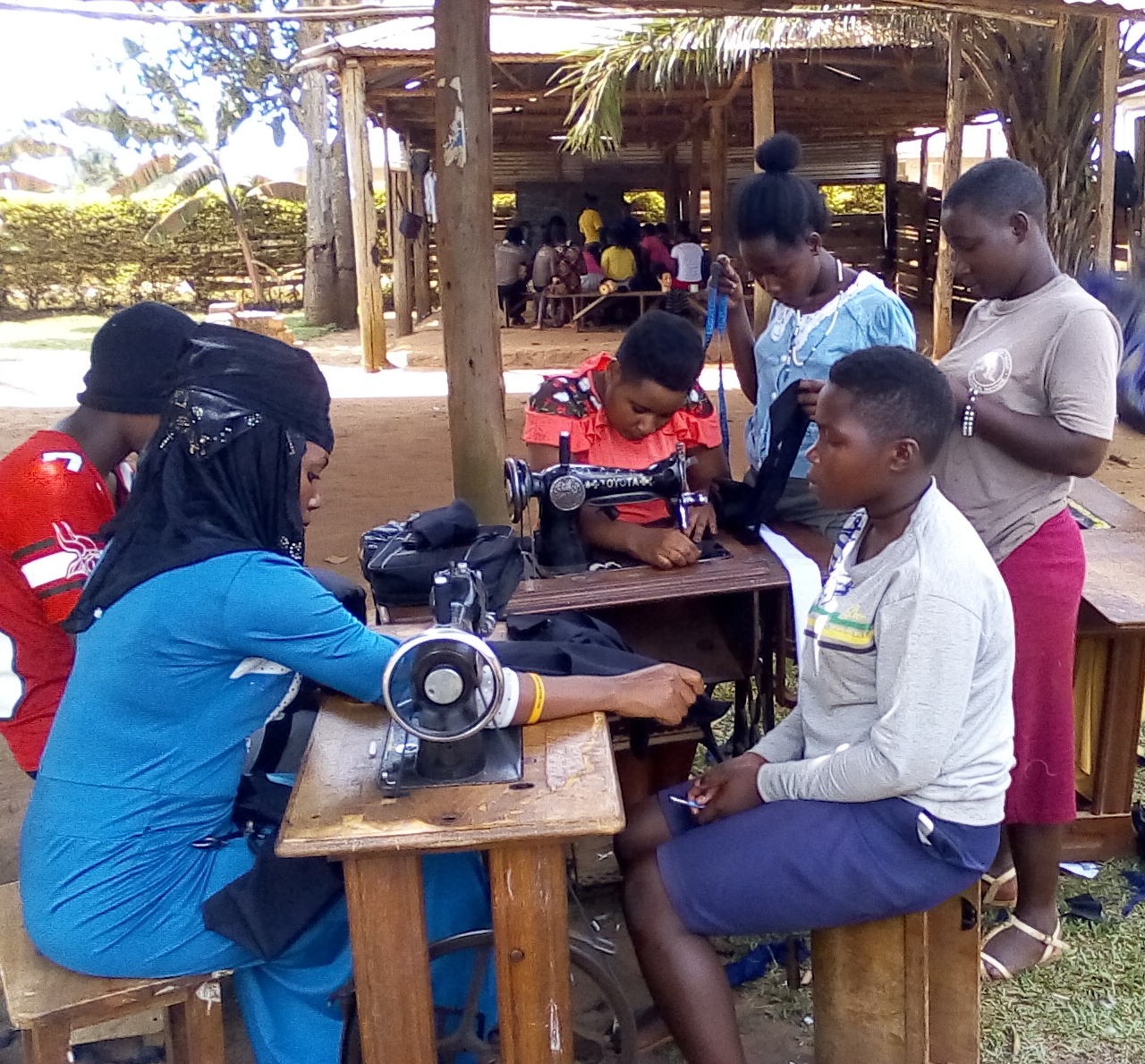
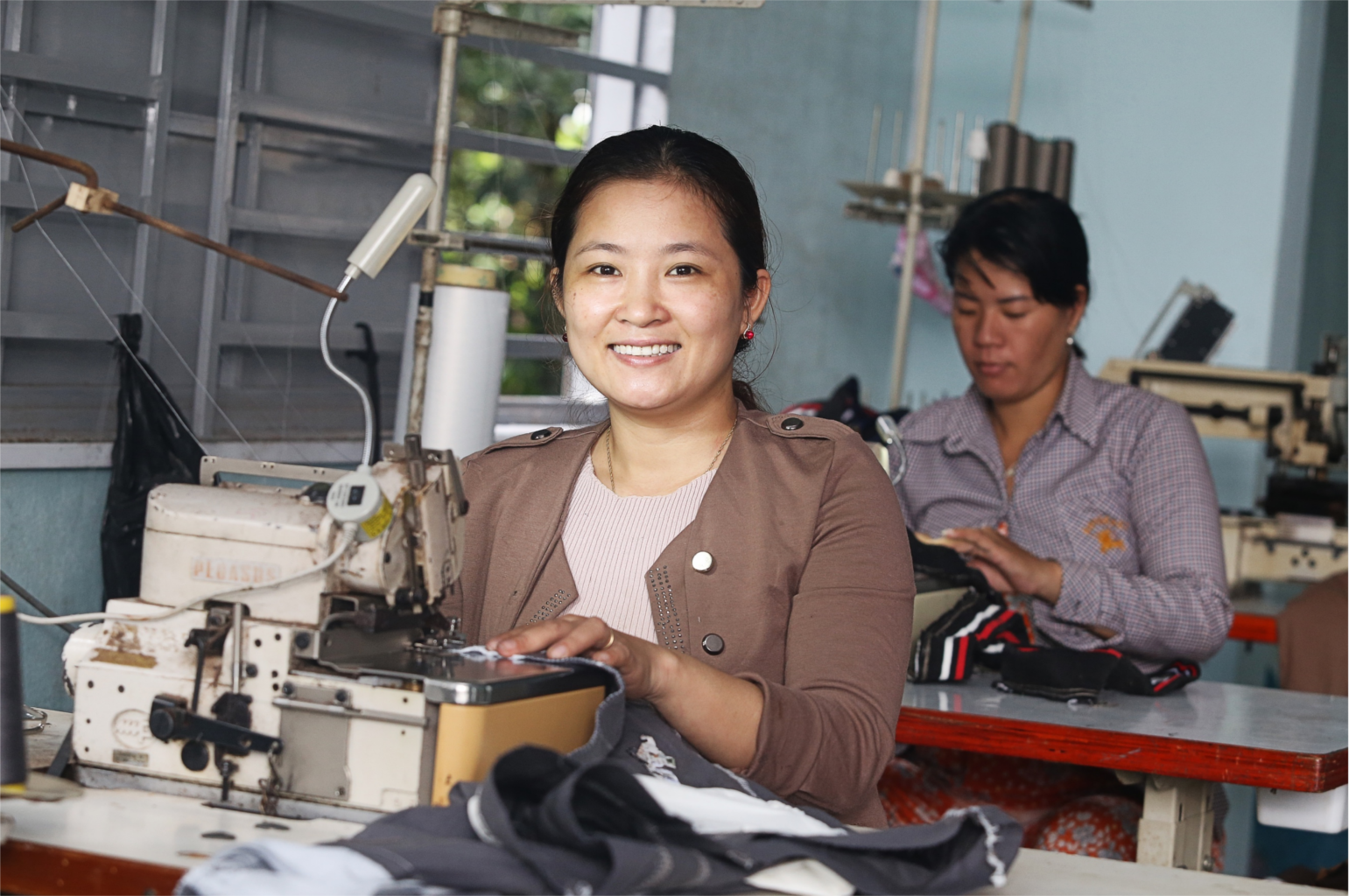
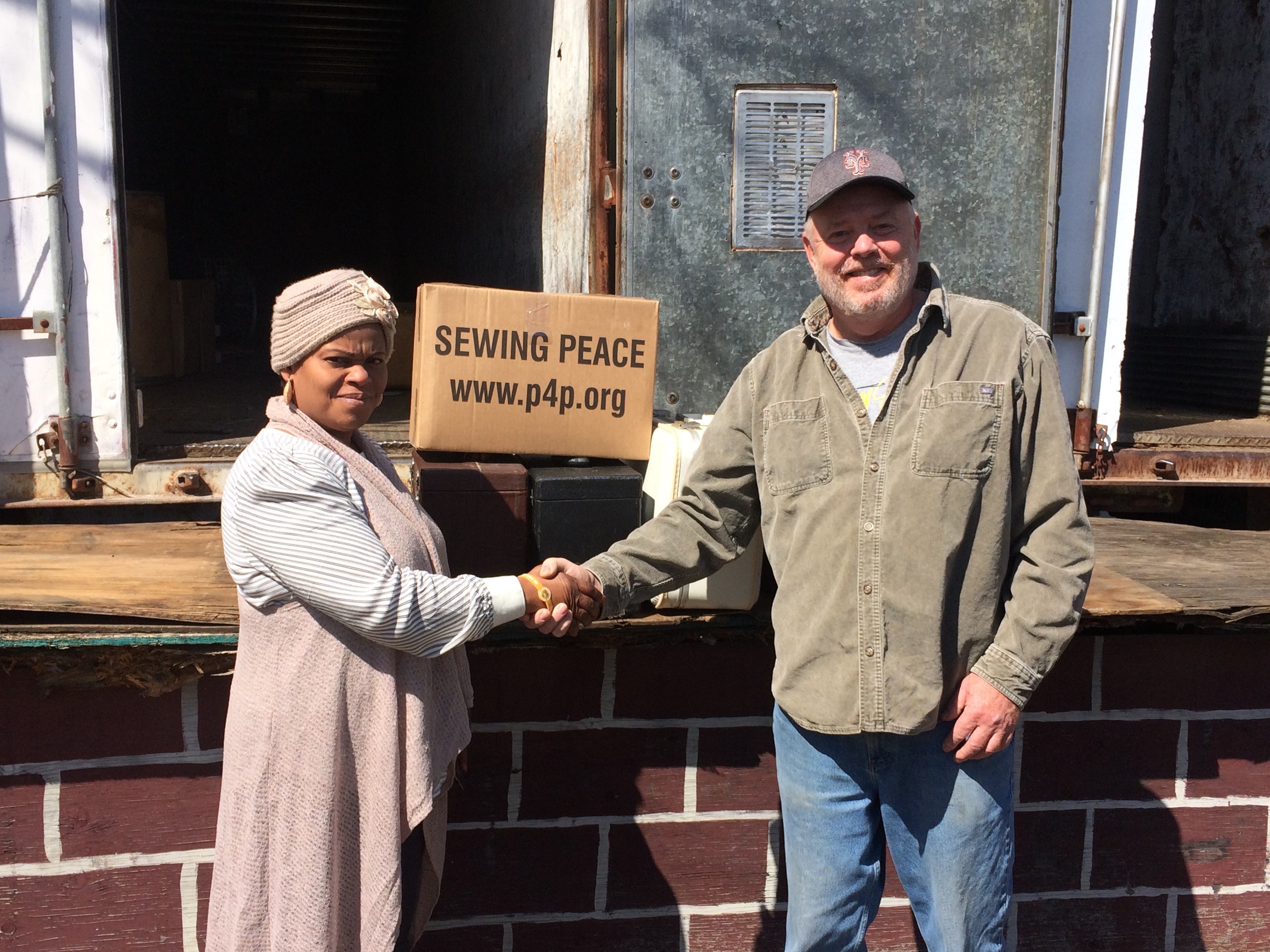
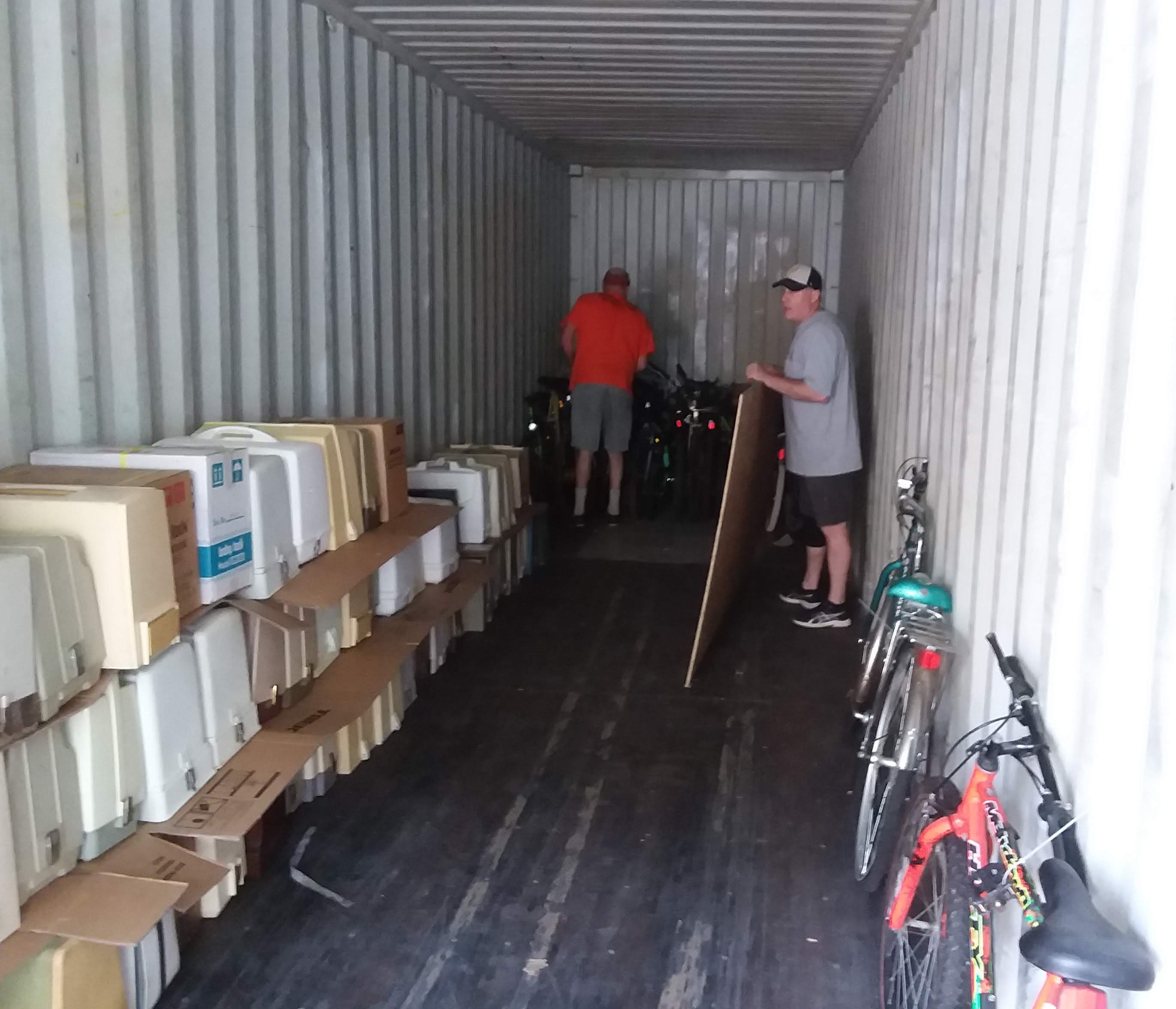
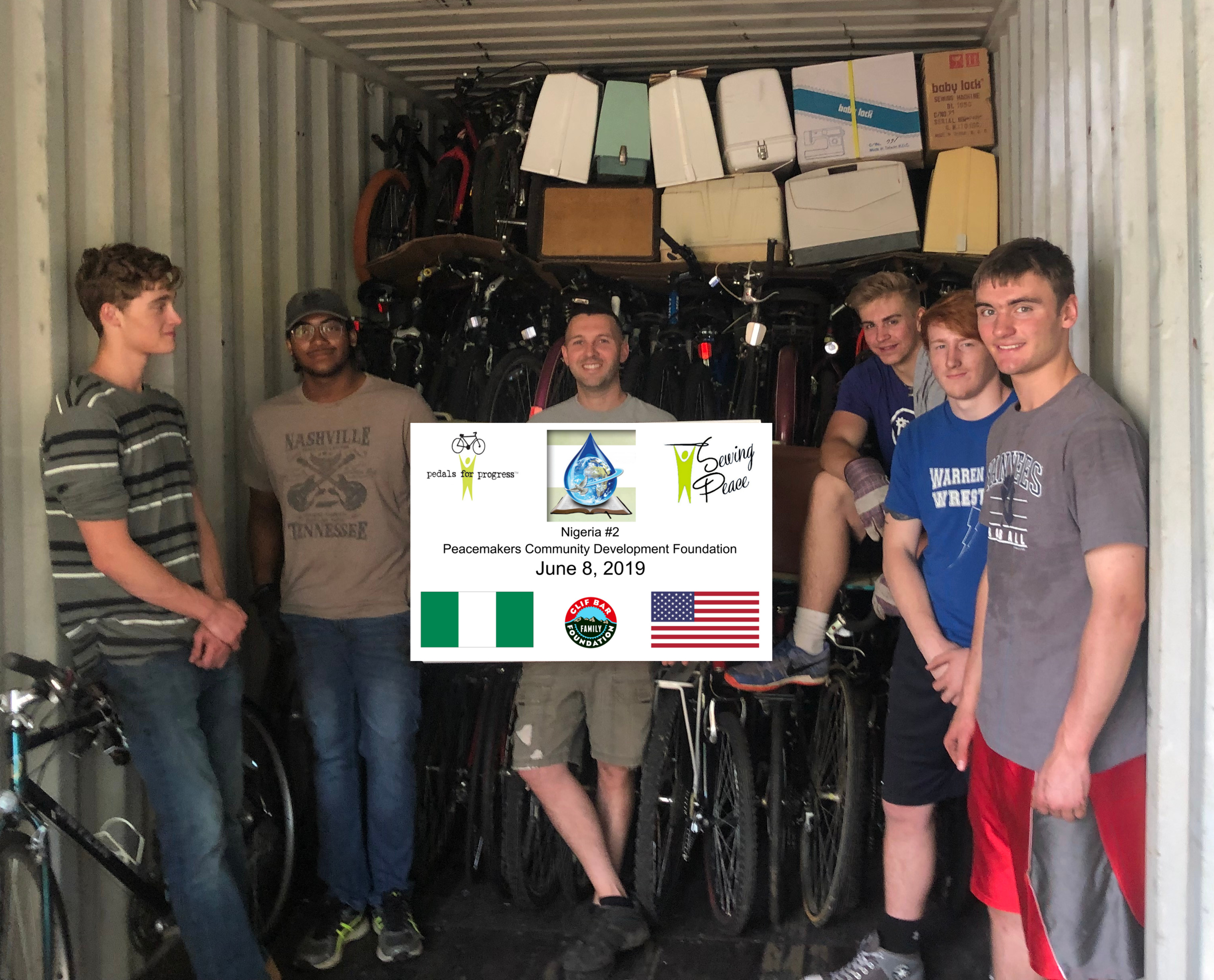
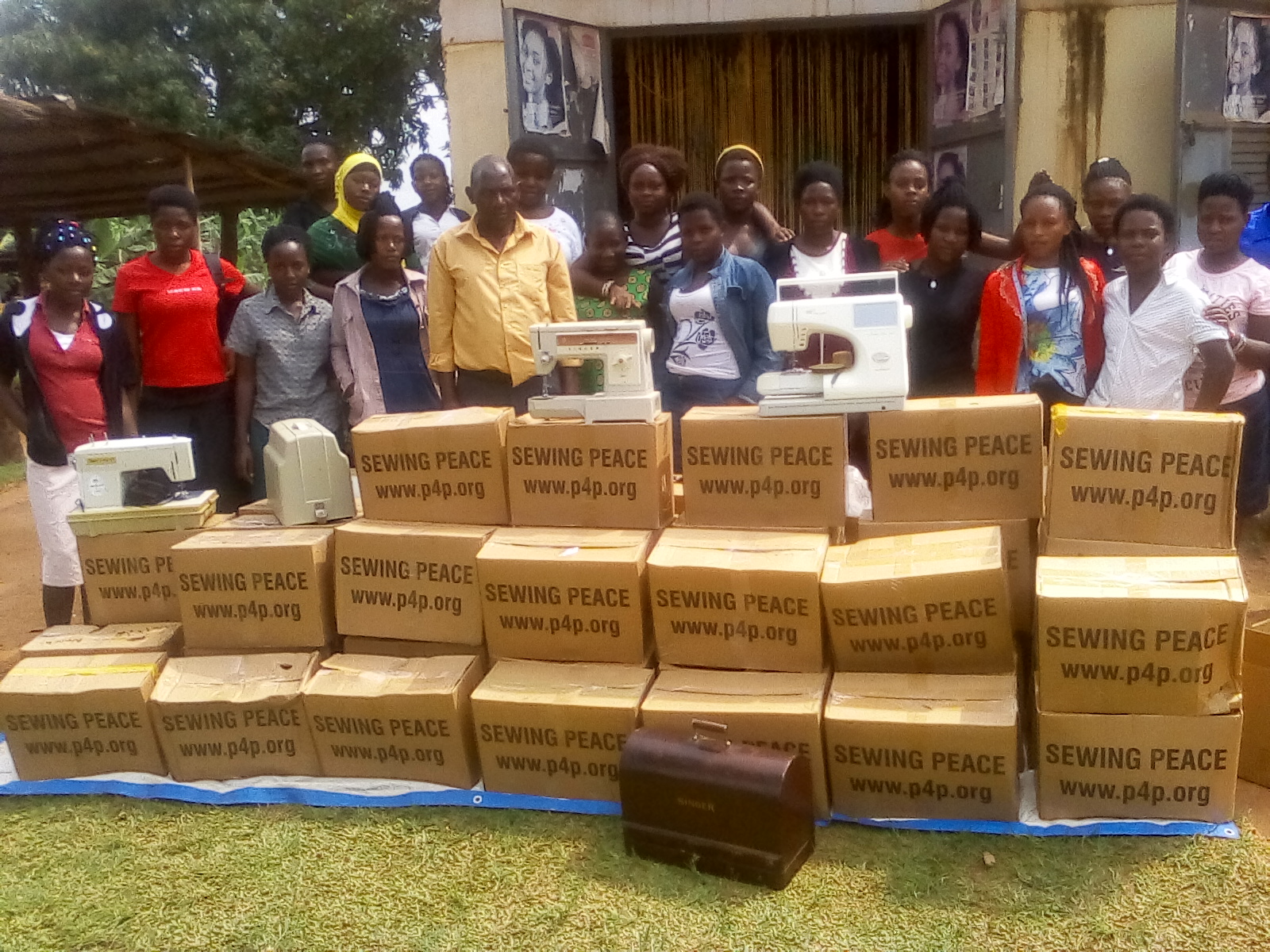
 Map
Map